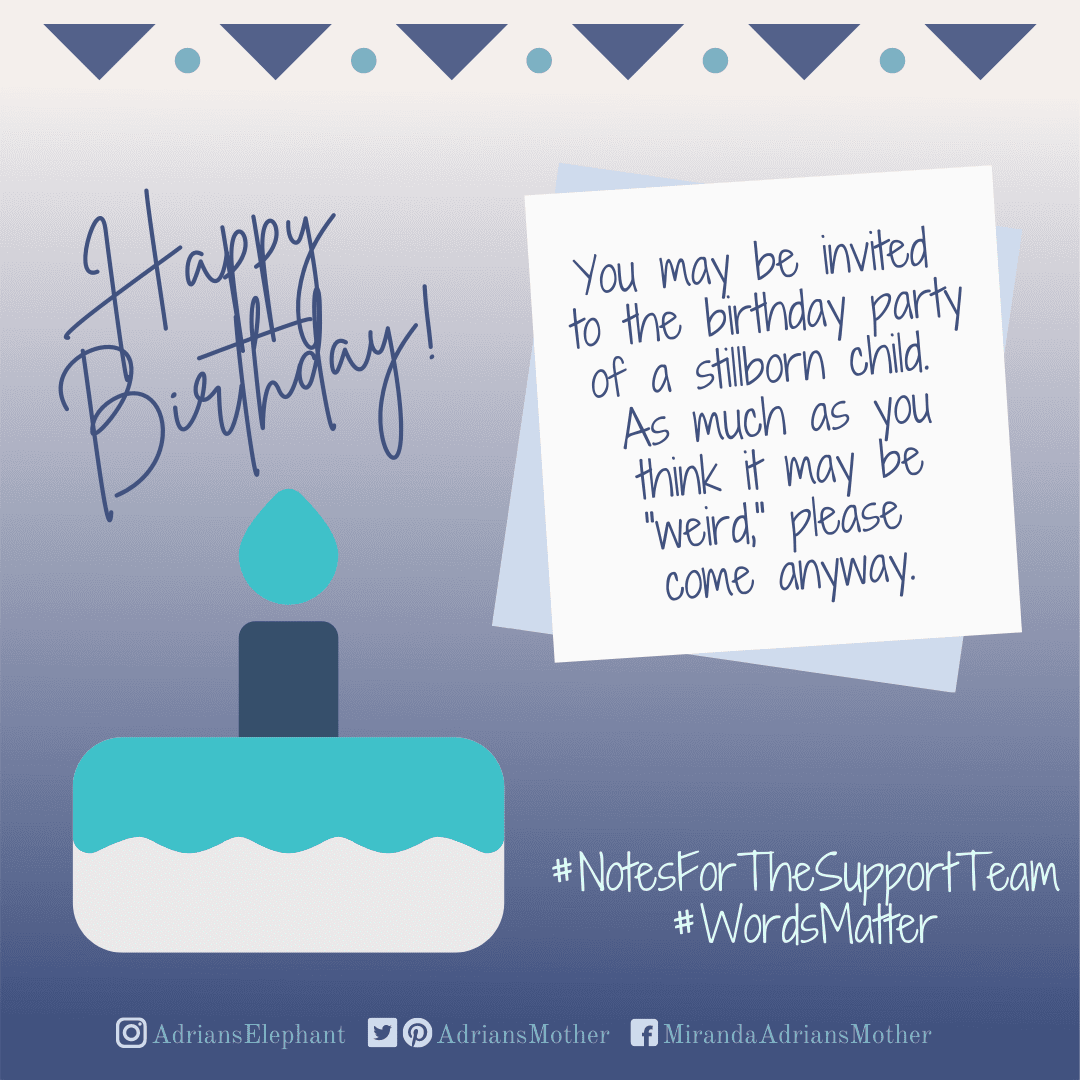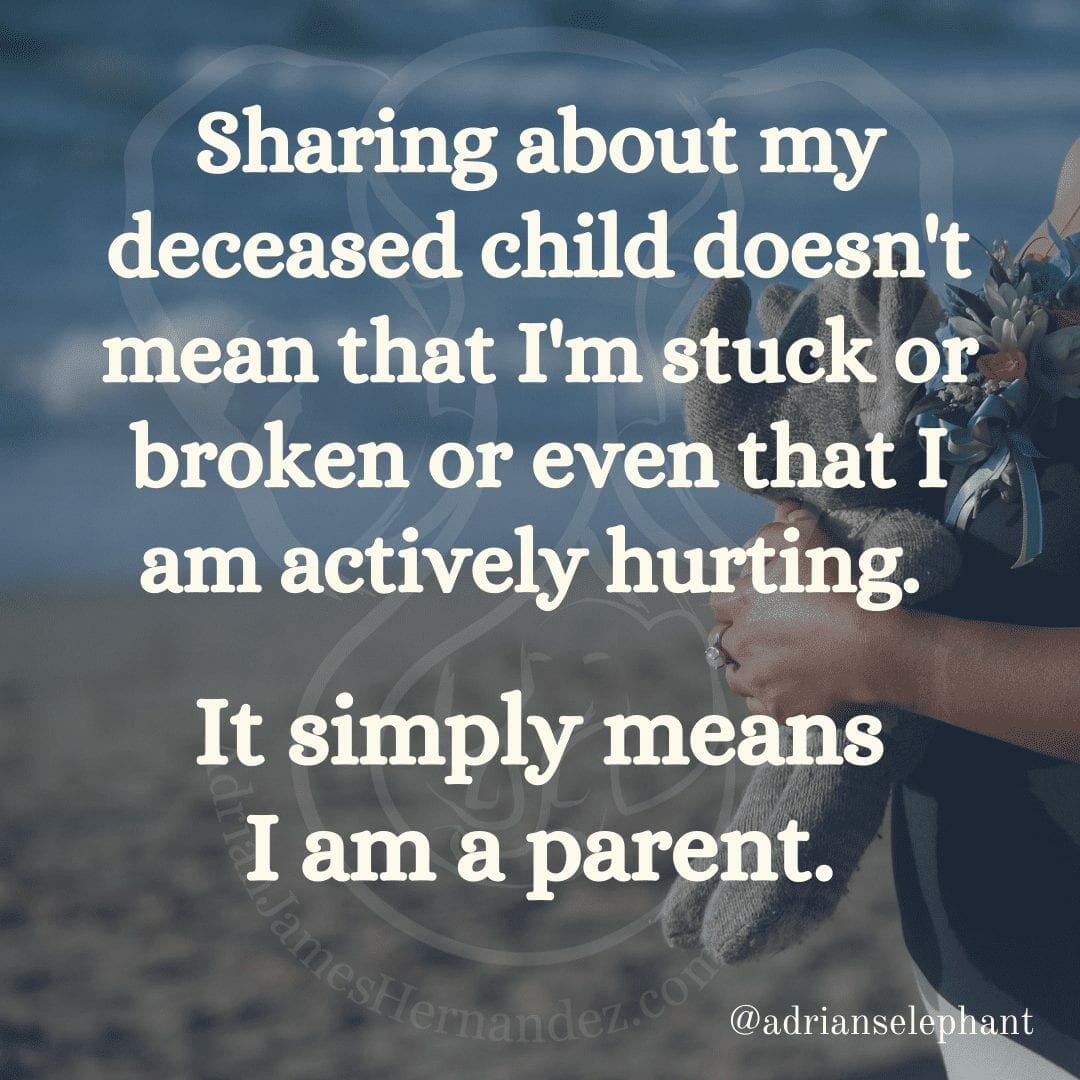Before Adrian’s death, I had the privilege of coming across an article in the Los Angeles Times, called, “How not to say the wrong thing” by Susan Silk and Barry Goldman. Reading this piece, I could only nod, over and over again, as I read about “ring theory” and this concept of grief.
According to ring theory, the person at the center of any tragedy is the one to be comforted. They experienced the traumatic event; their feelings are most important in any conversation.
And yet, how many of us are asked to comfort other people when our situations feel heavy? How many of us are asked to provide trigger warnings on our words when we barely have the energy to speak them? How many of us are asked to keep the most horrible details close so that we don’t hurt anyone else by sharing them?
How much does this denial of our pain drive us further into feeling it? How much does it burden us with the duty of comforting others who haven’t been there?
If a loved one comes to you in pain, take a moment and acknowledge your own feelings about the situation. You are allowed to have these feelings. You are allowed to grieve this second-hand grief.
But please be cognizant of not reflecting it back on the person who brought it you. That’s what the outer rings are for. As Silk and Goldman say, “Comfort IN, dump OUT.”
Please don’t ask the person experiencing the tragedy to bear the additional burden of having to comfort you.
Notes for the Support Team:
Your pain is important. Their pain is MORE important.
Don’t ask them to bear the burden of comforting you.
Related Posts:
Graphics Blog: Trigger Warning
Miranda’s Blog: The Phone call you never expect to receive; supporting a loved one after the loss of a child




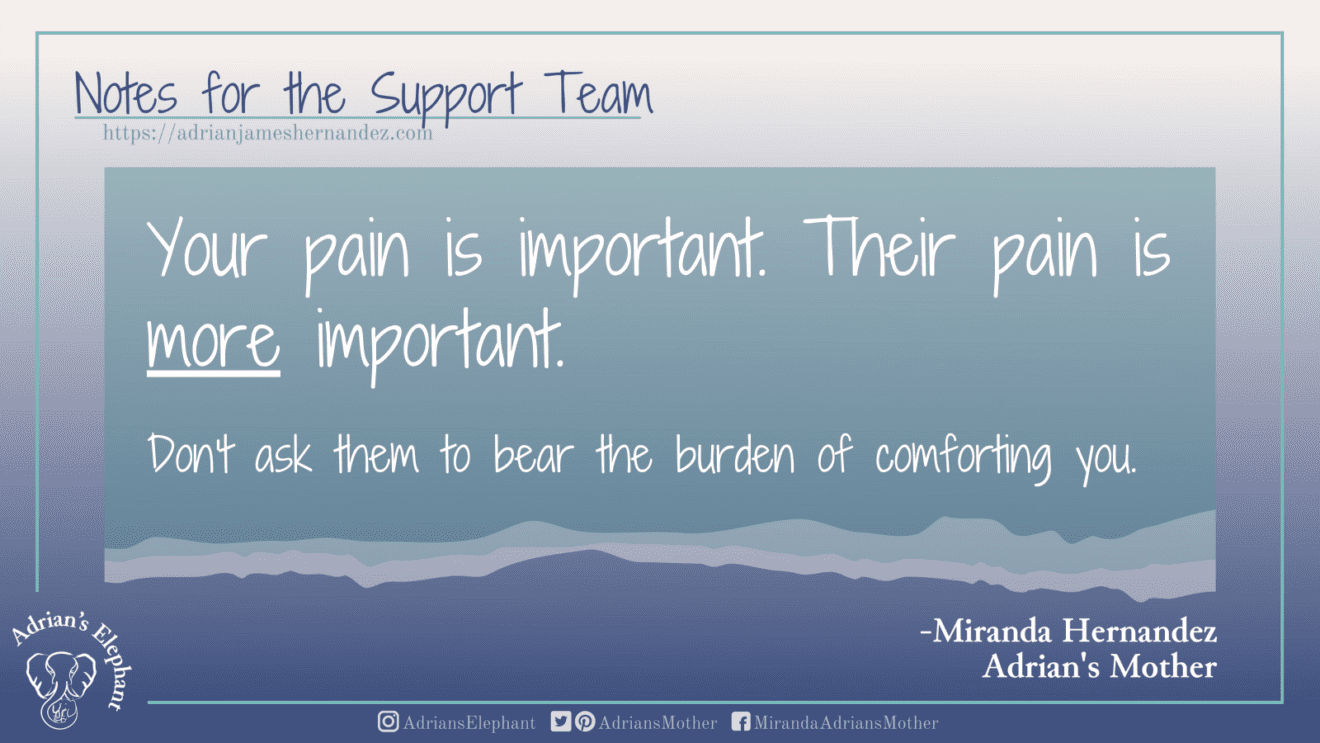


![Birthday wishes after death card: Thinking of you with love on your child's Birthday. [Blank inside.] - Sea Glass Parenting](https://adrianselephantpanda2.s3.amazonaws.com/wp-content/uploads/2022/06/26130137/SGPCardFlat-Thinking-Of-You-On-Your-Childrens-Birthday-Envelope-Heart-Blank-Inside-IG-12.jpg)

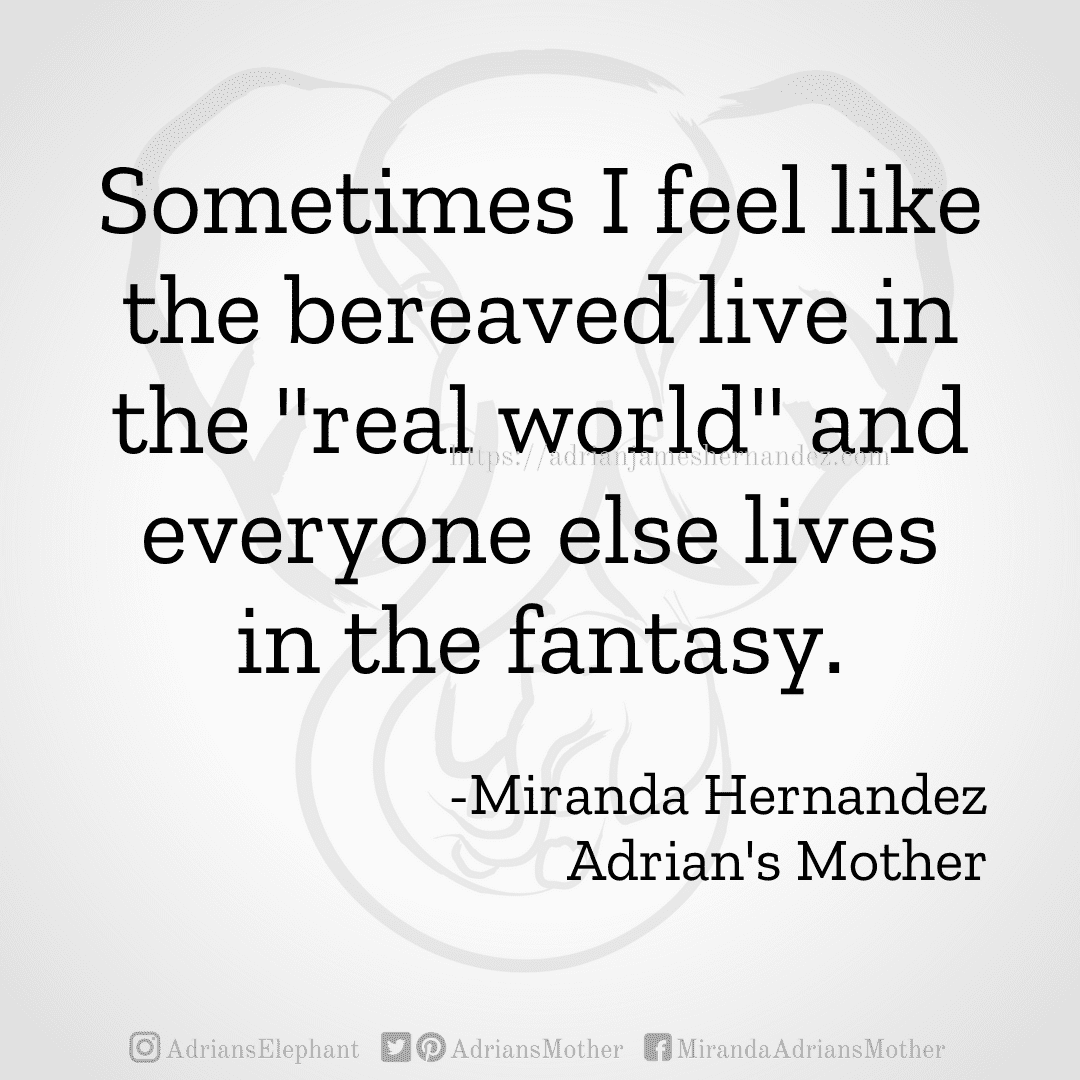




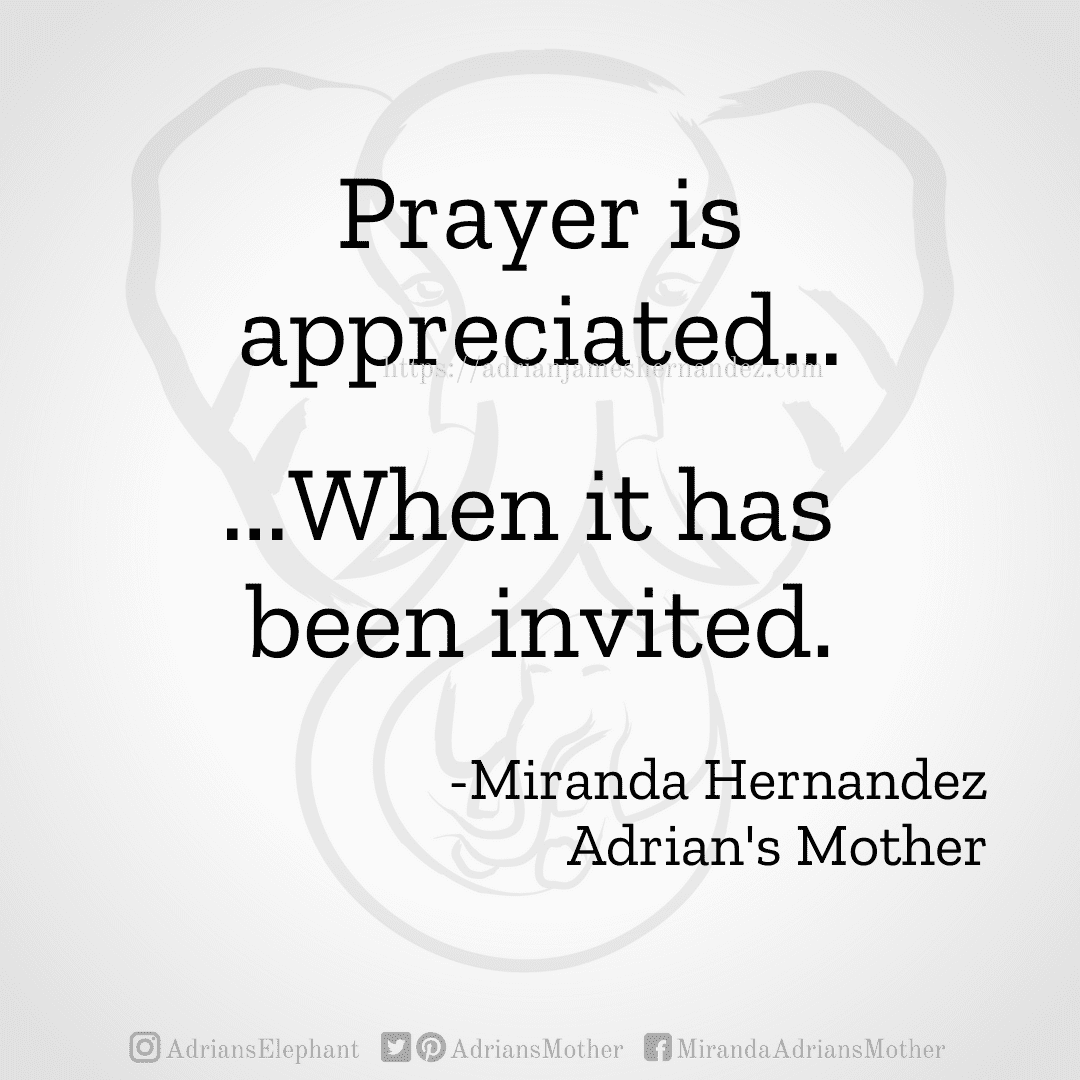


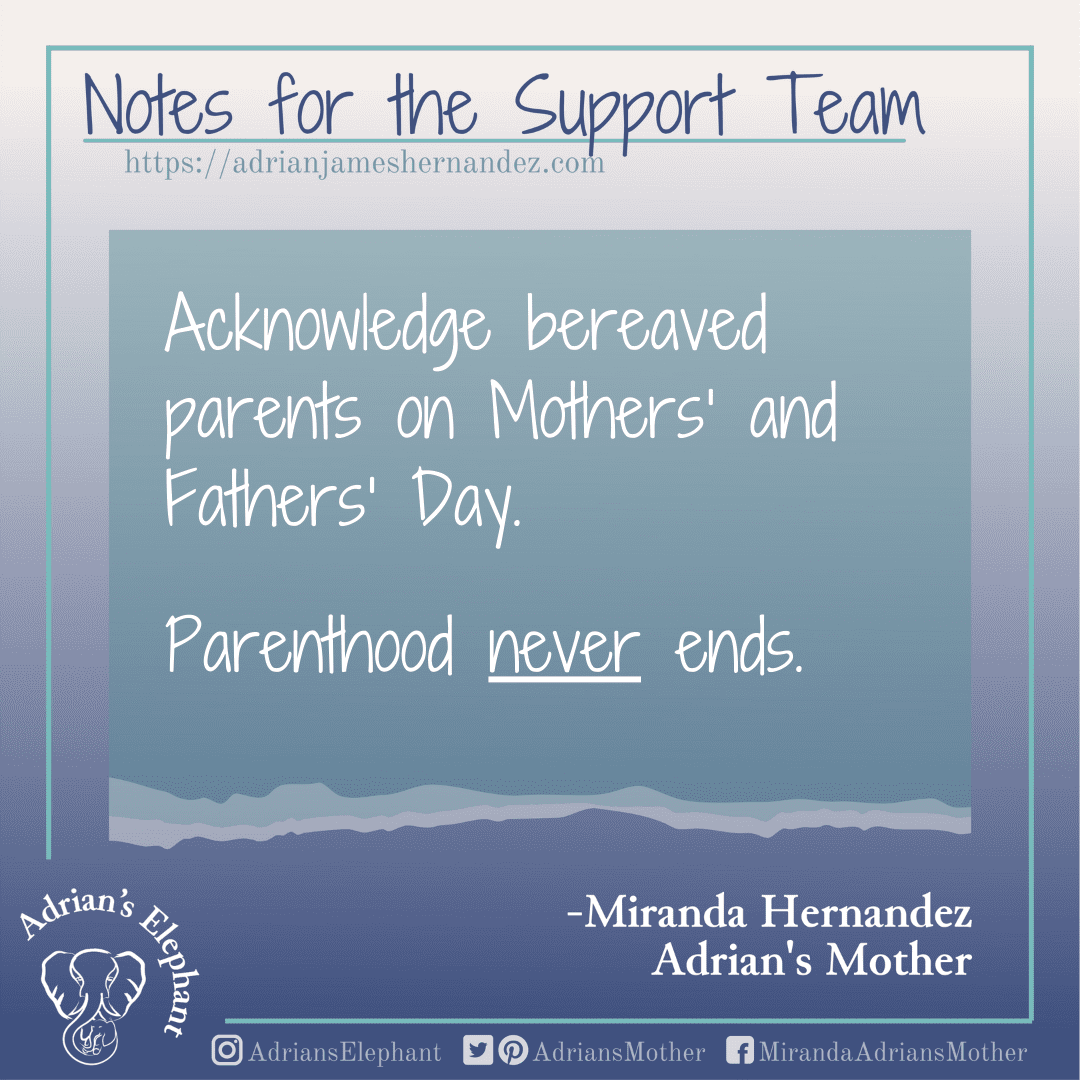
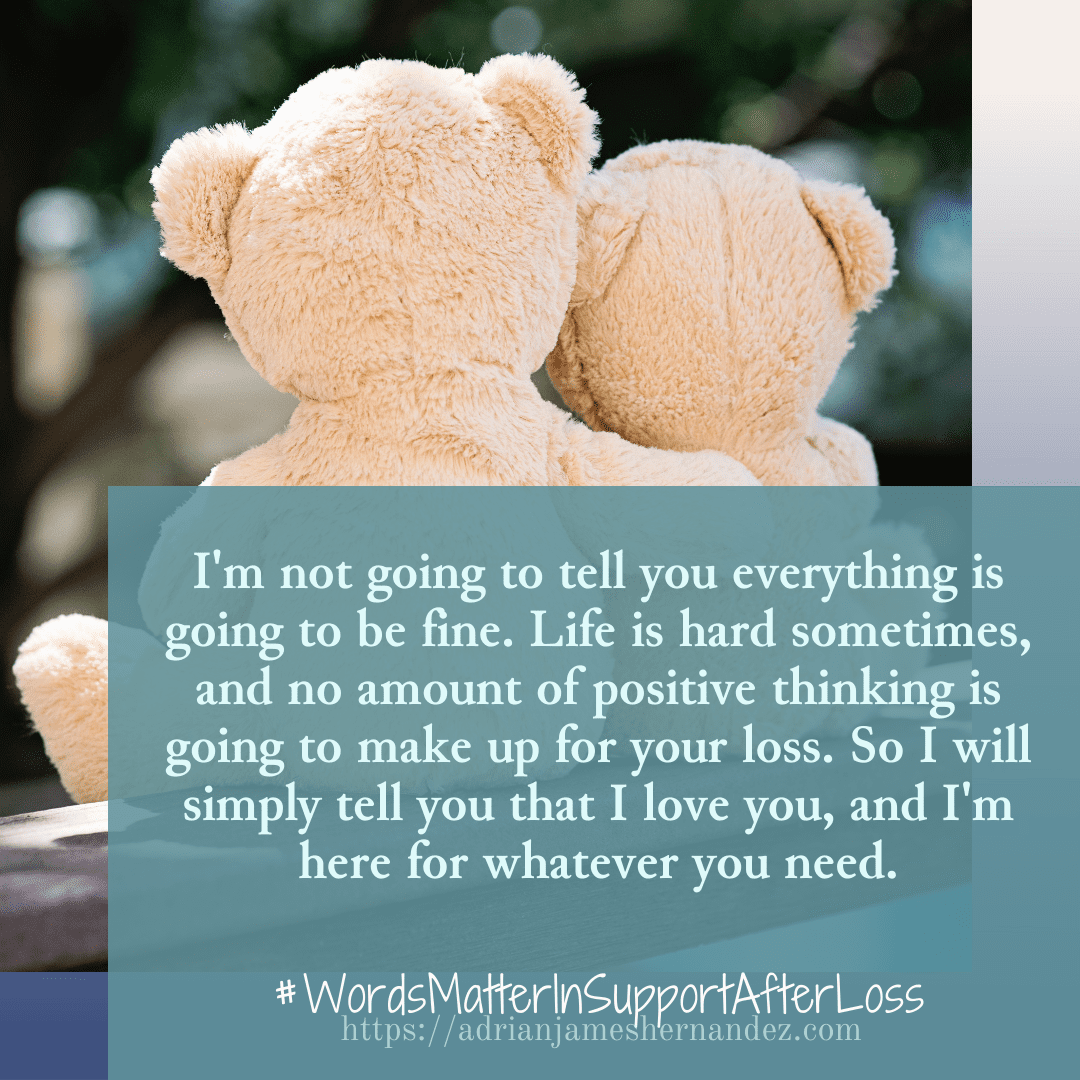
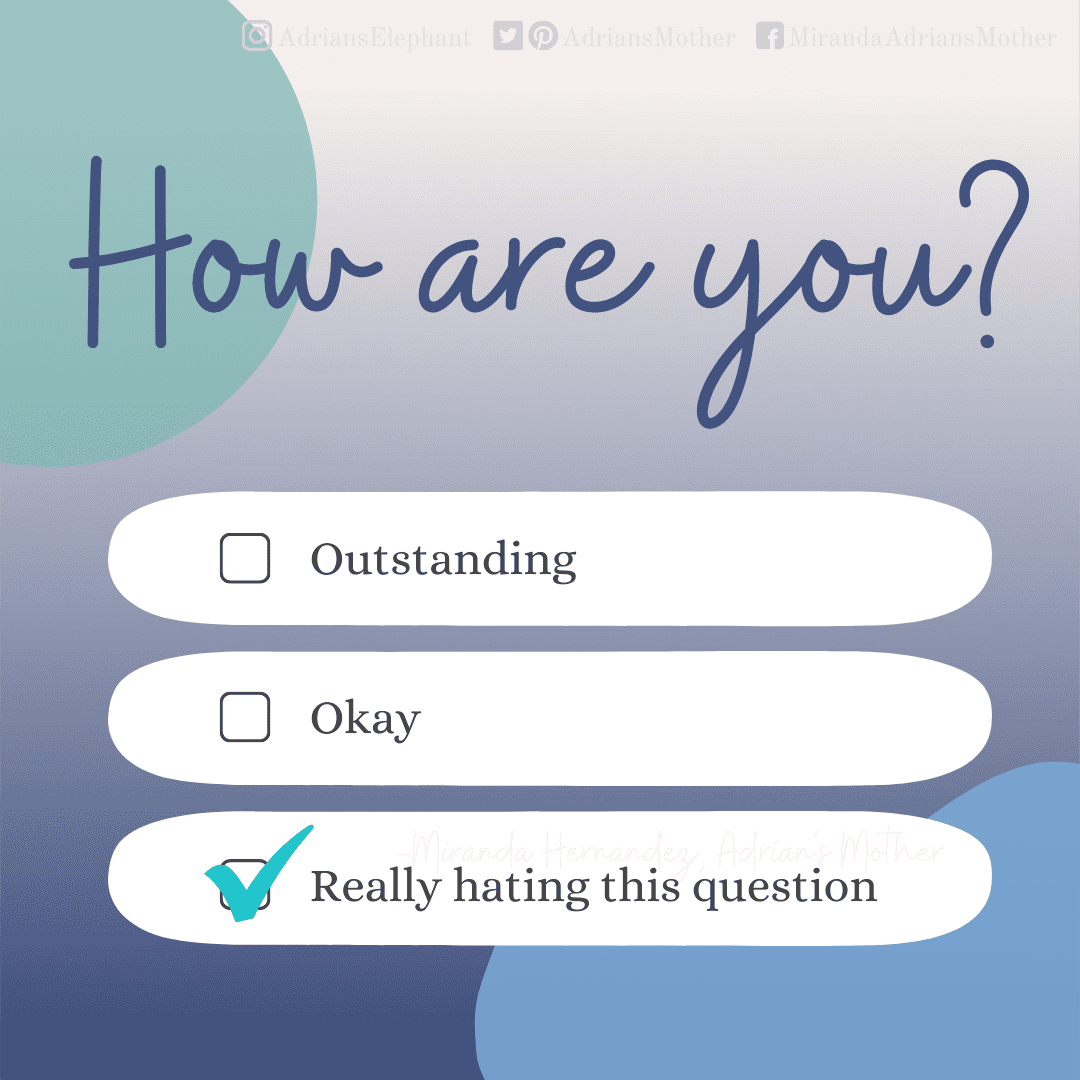




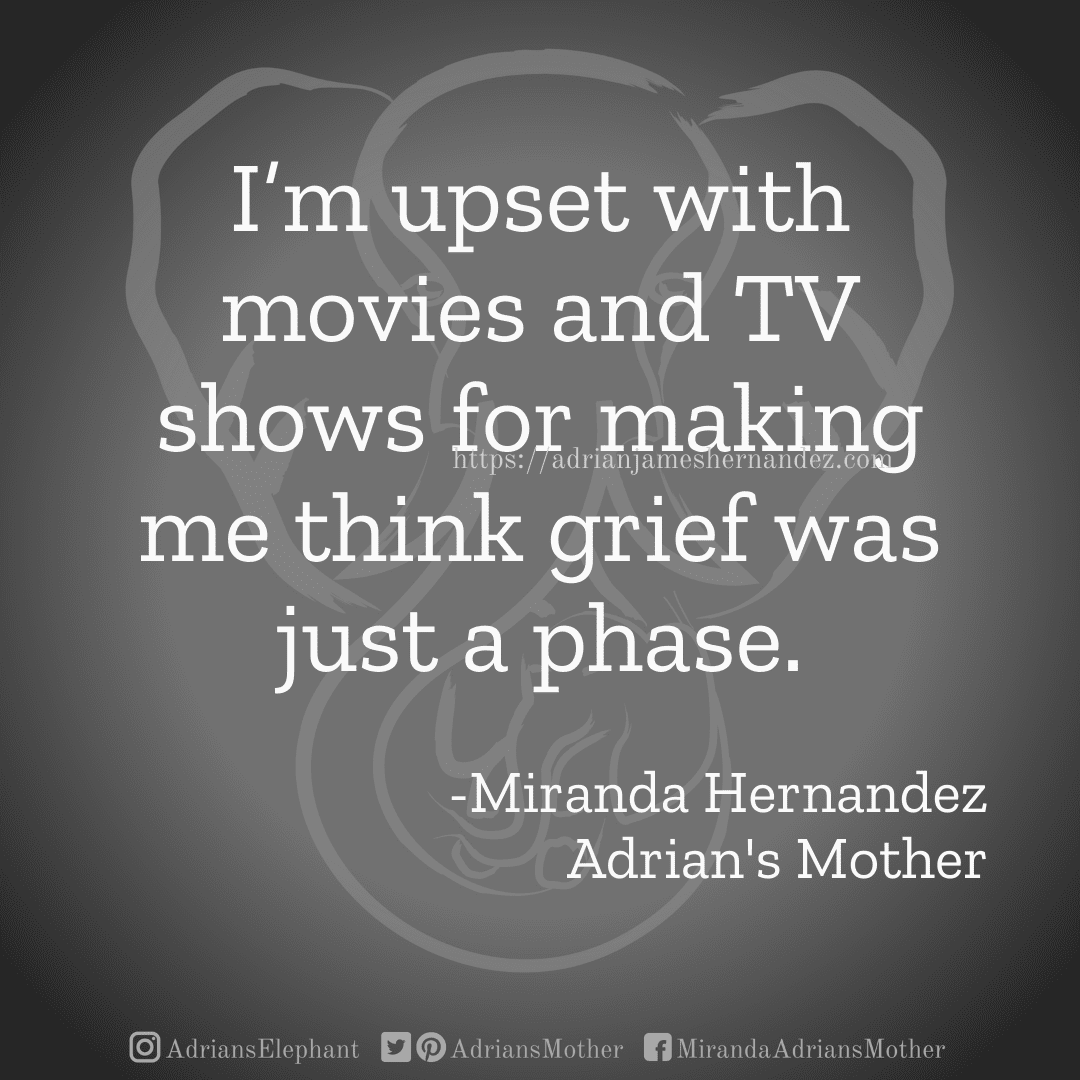
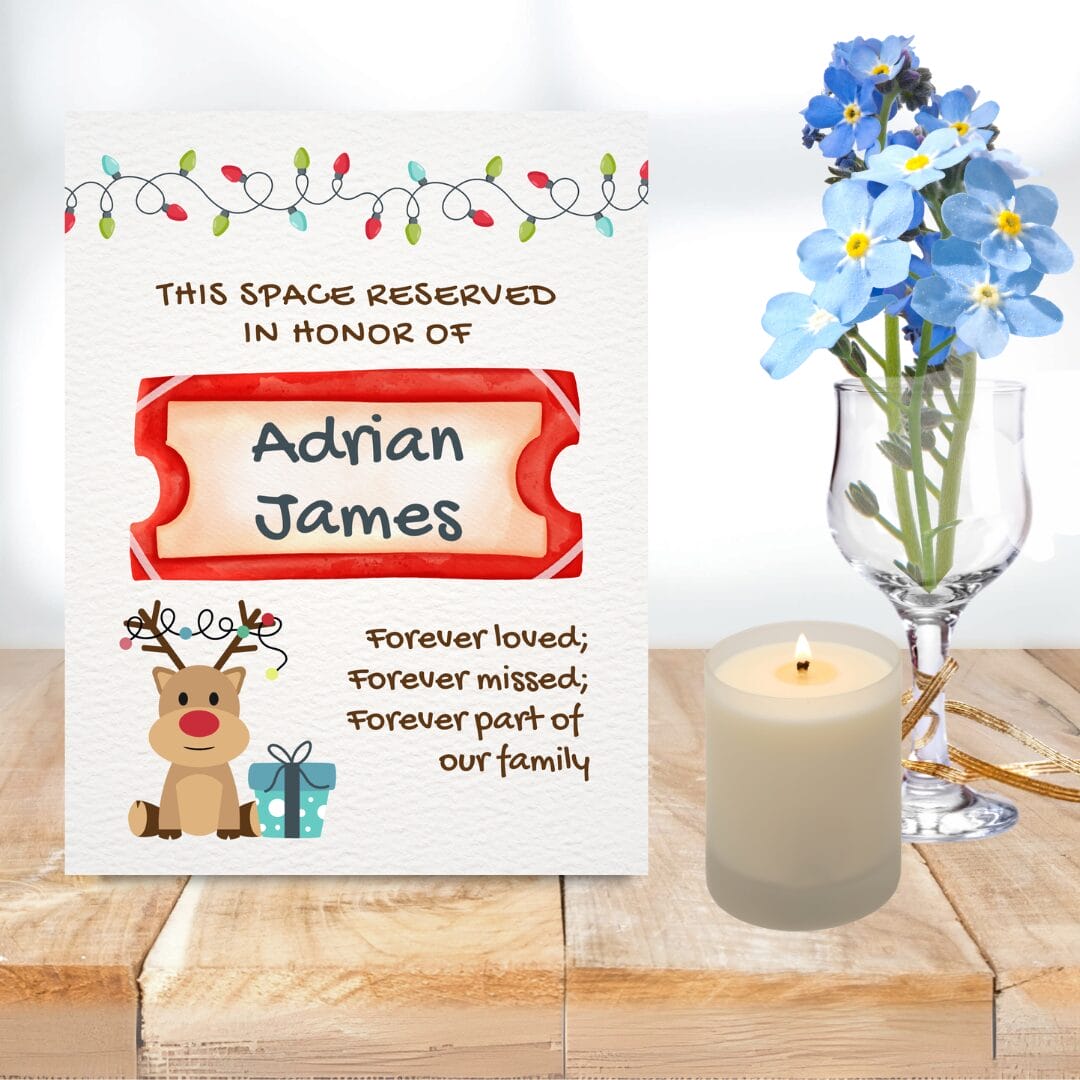
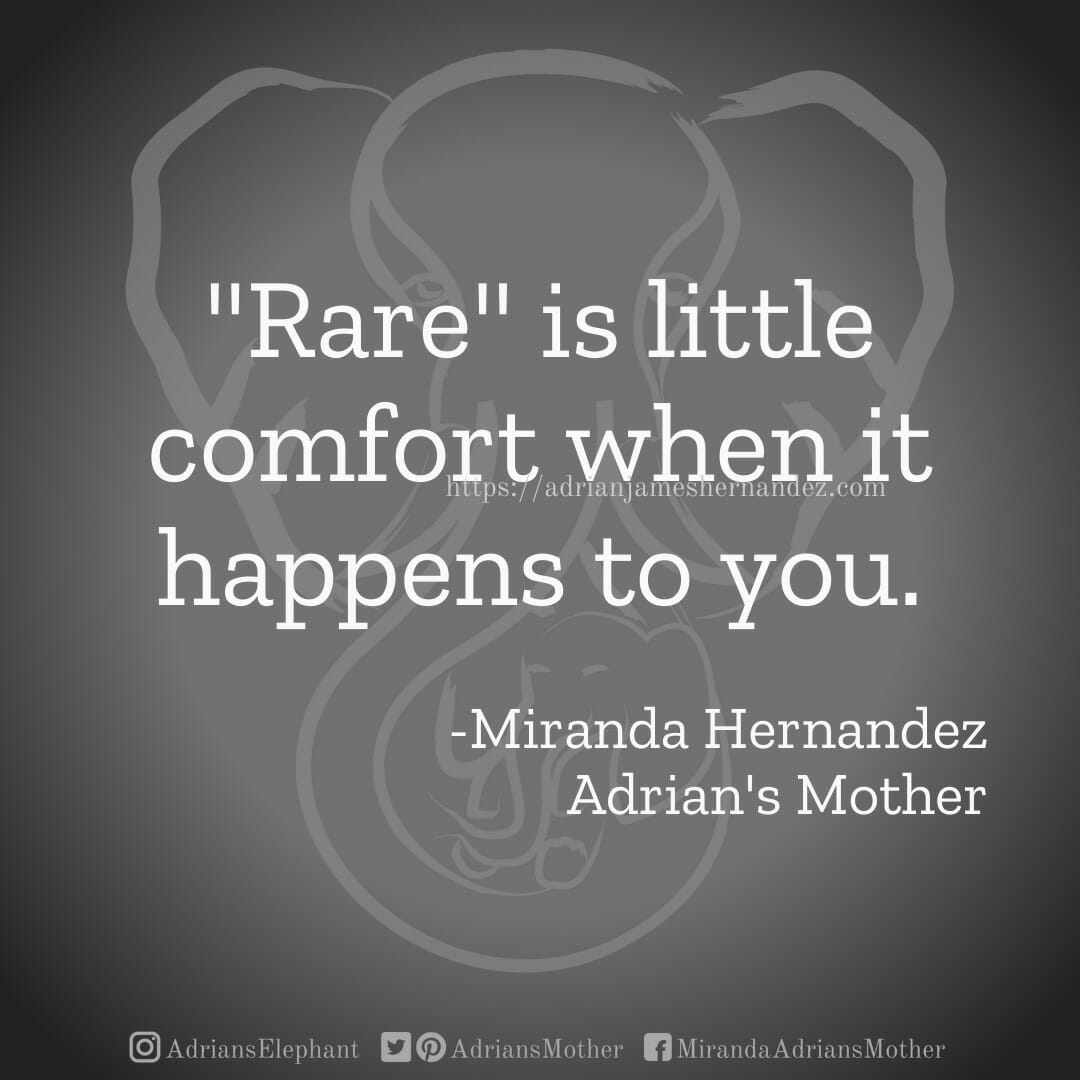




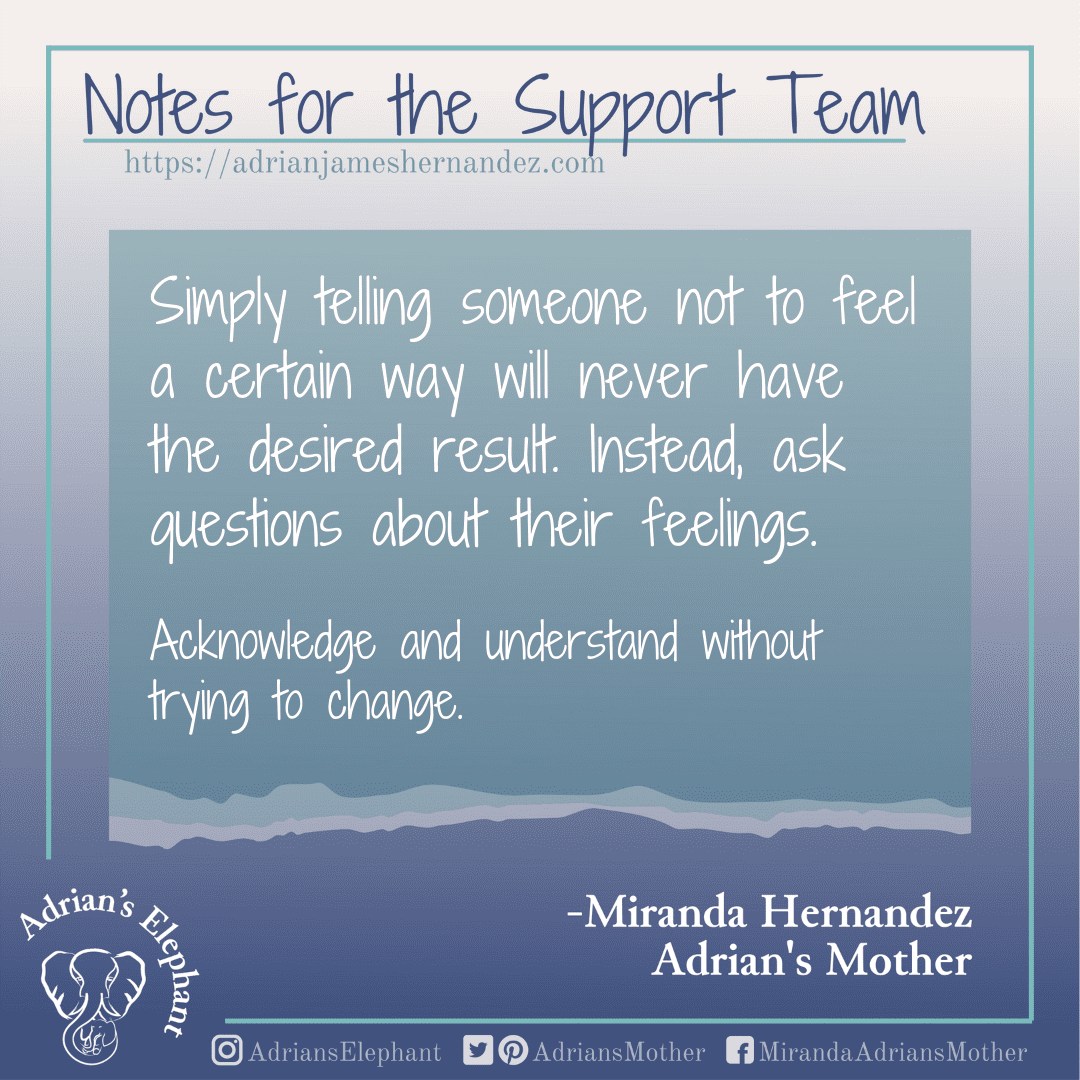












![Birthday message for deceased child card: Happy Birthday, [Fill in name]. I love you - Sea Glass Parenting](https://adrianselephantpanda2.s3.amazonaws.com/wp-content/uploads/2022/06/26130207/SGPCardFlat-Happy-Birthday-I-Love-You-Fill-In-Name-Birthday-Cake-IG-8.jpg)
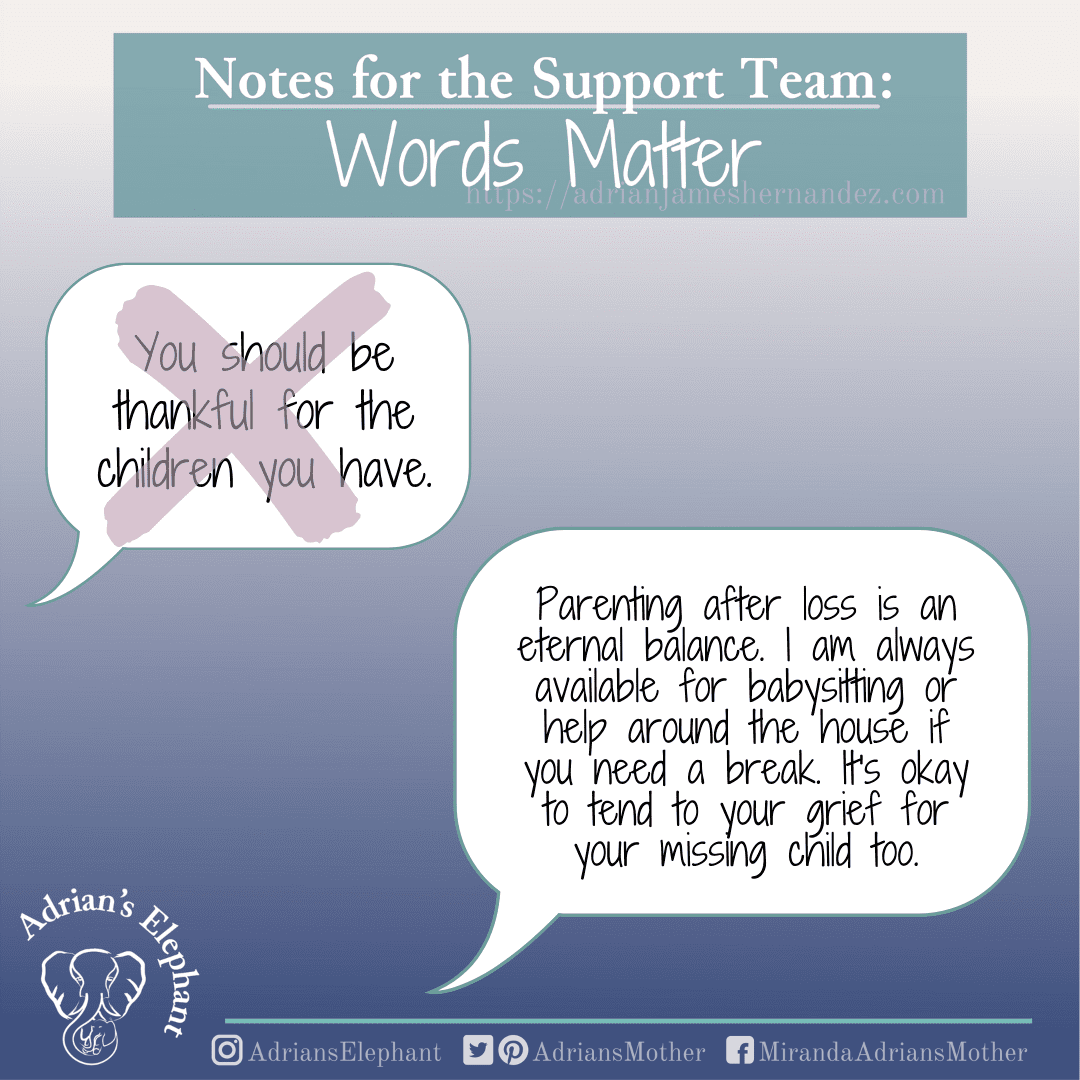













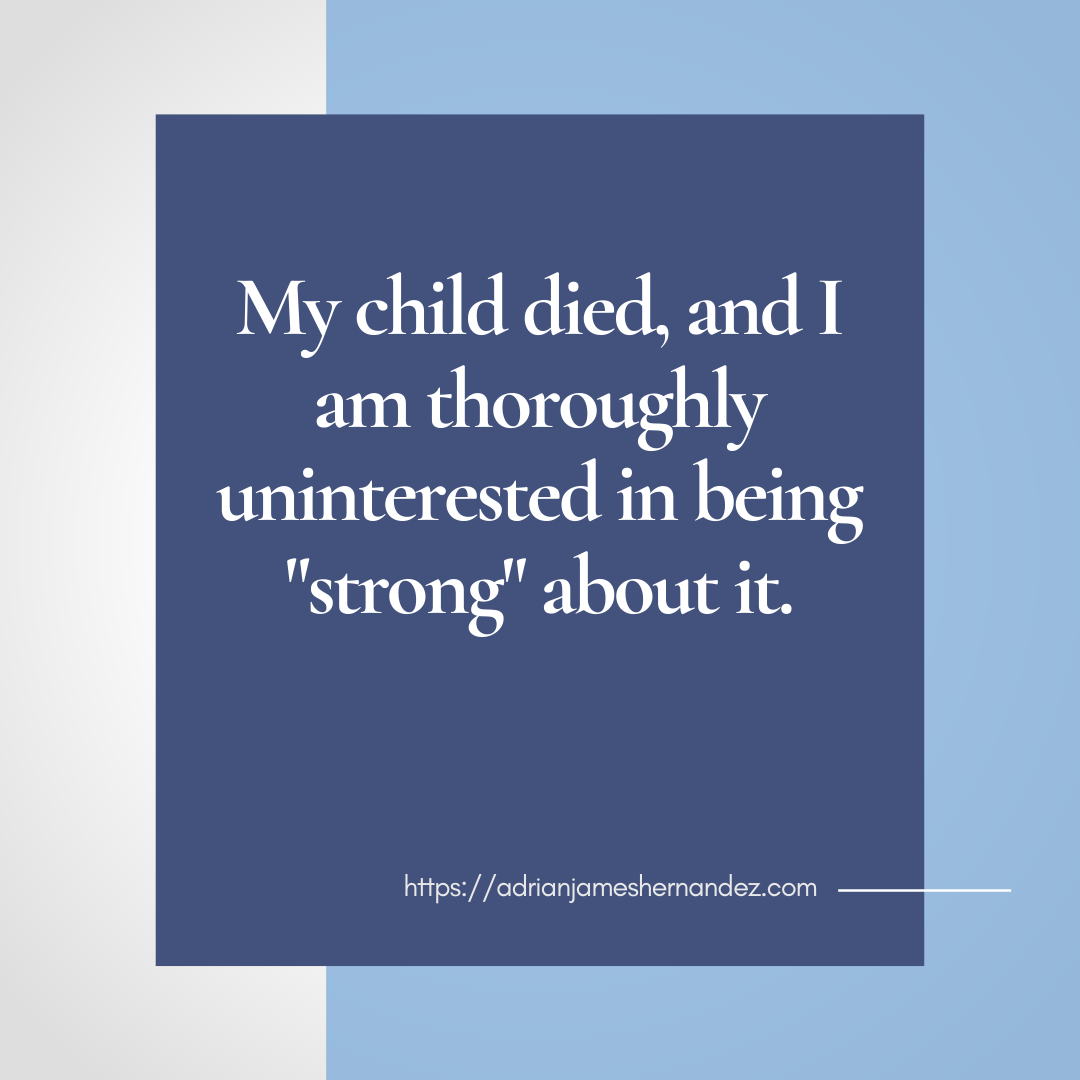
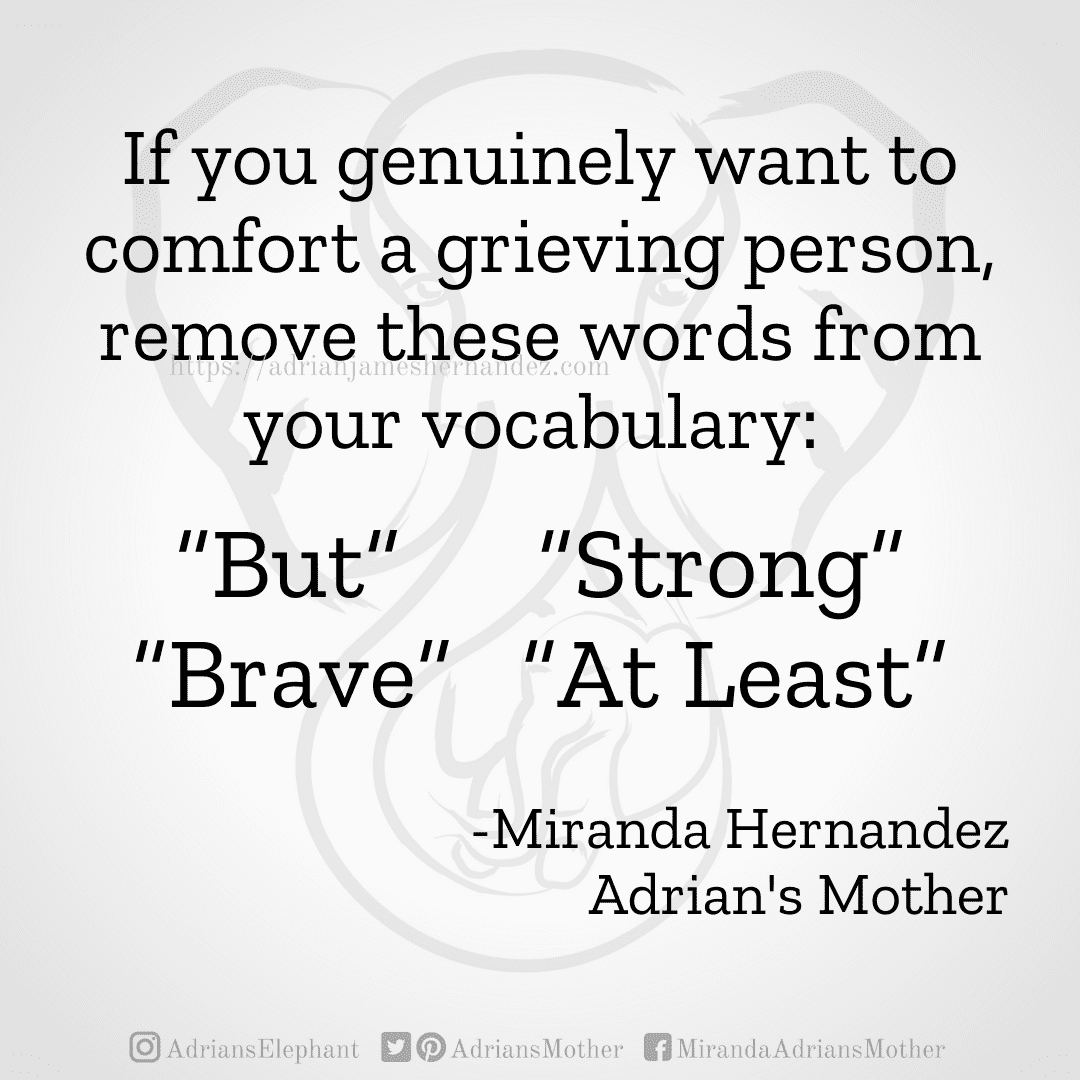











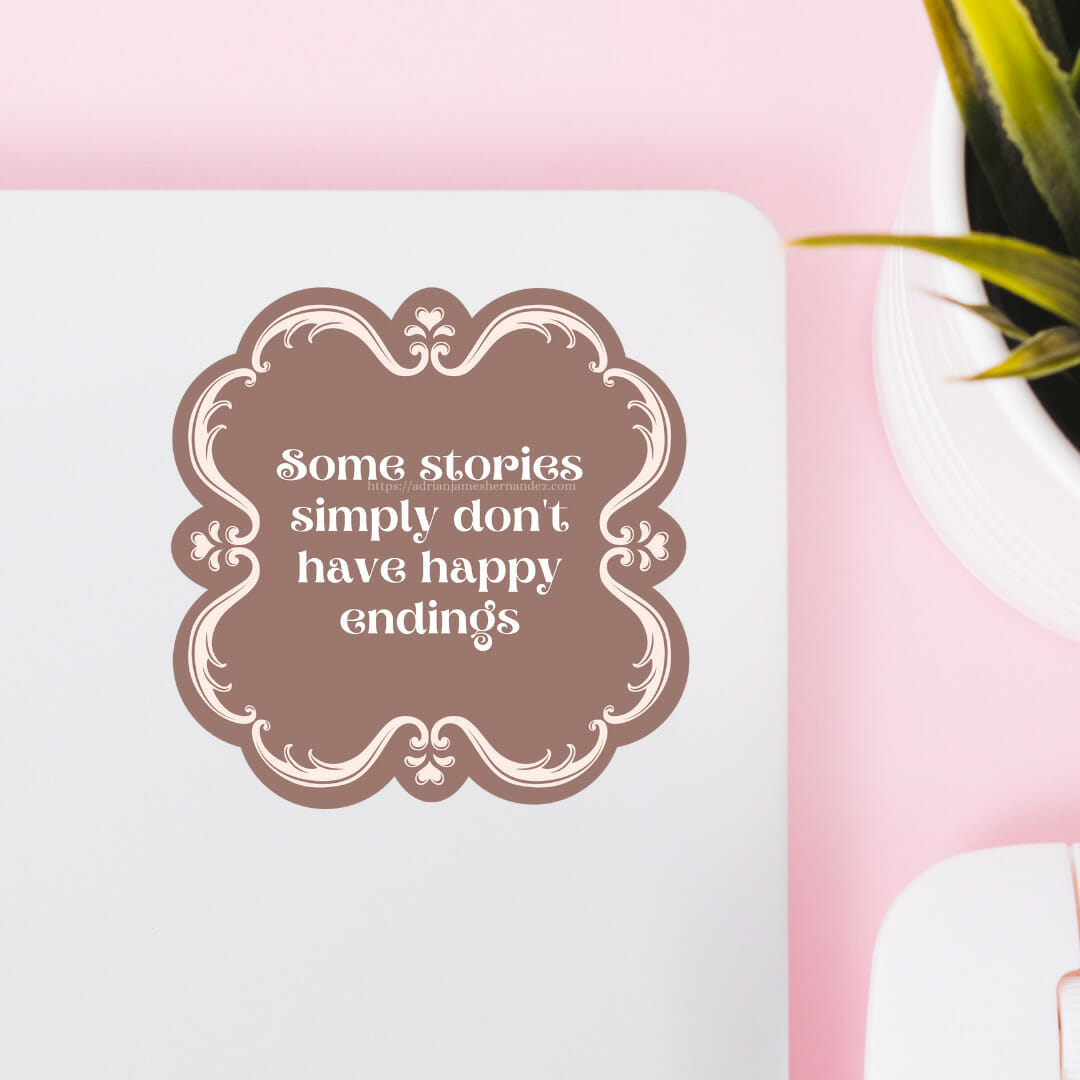

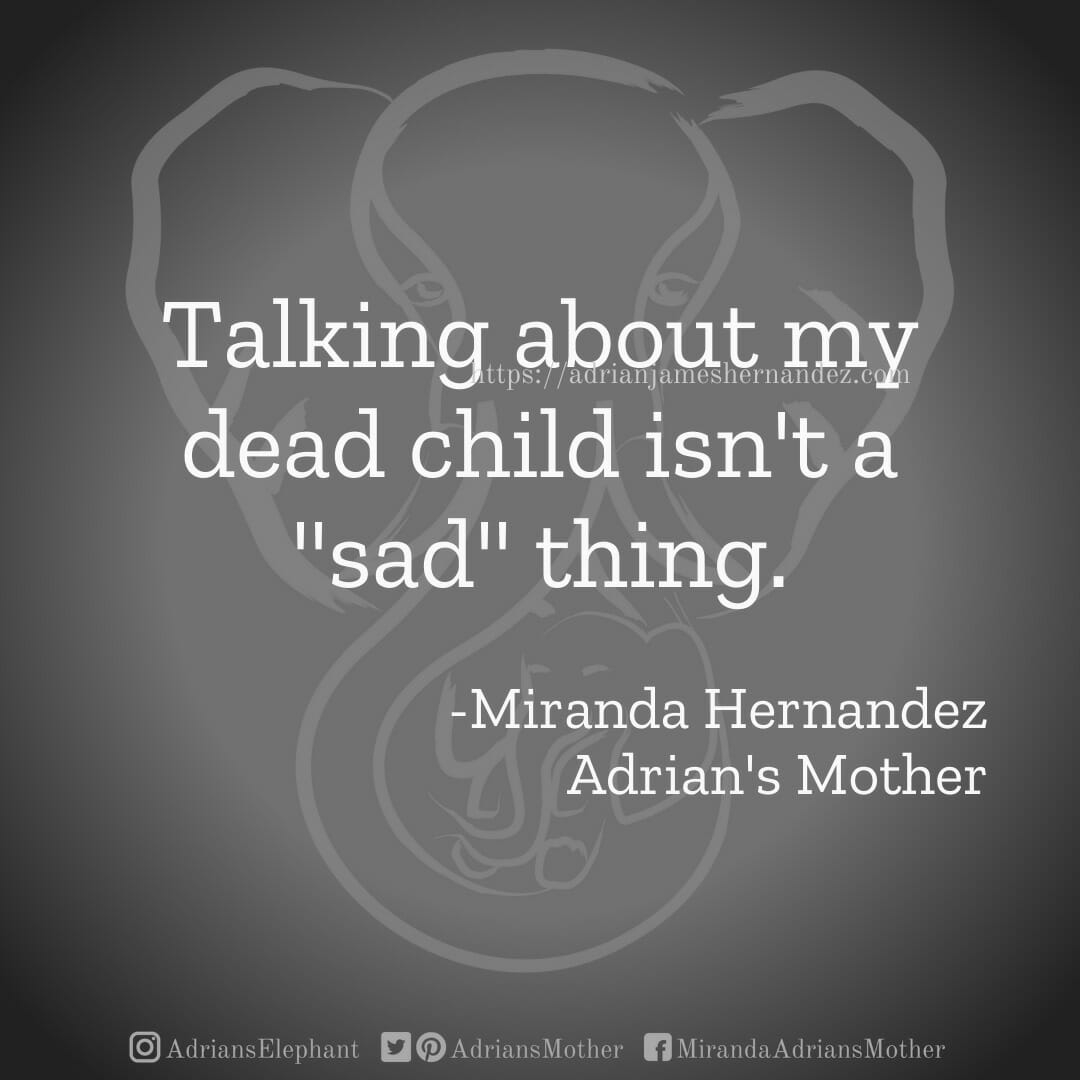



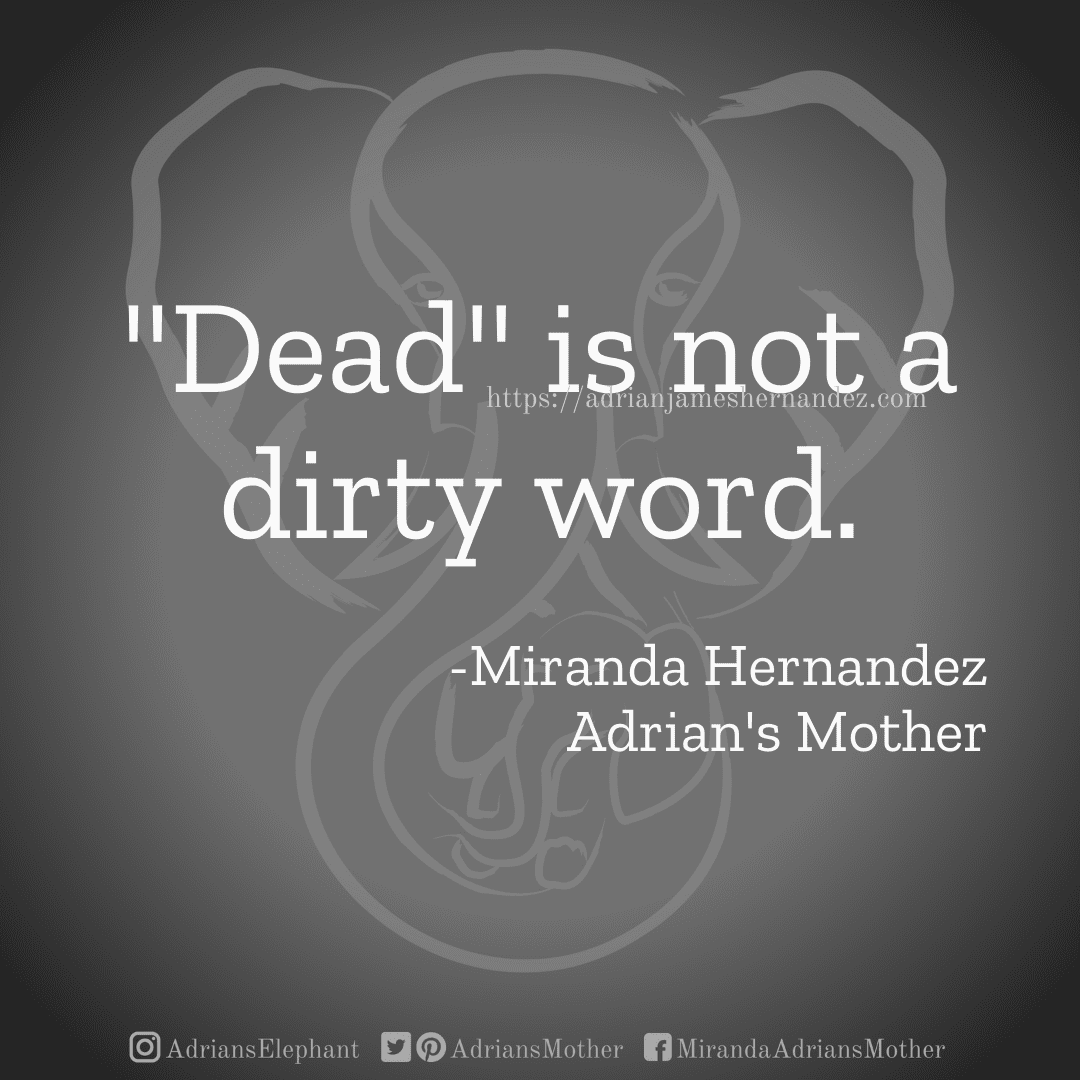



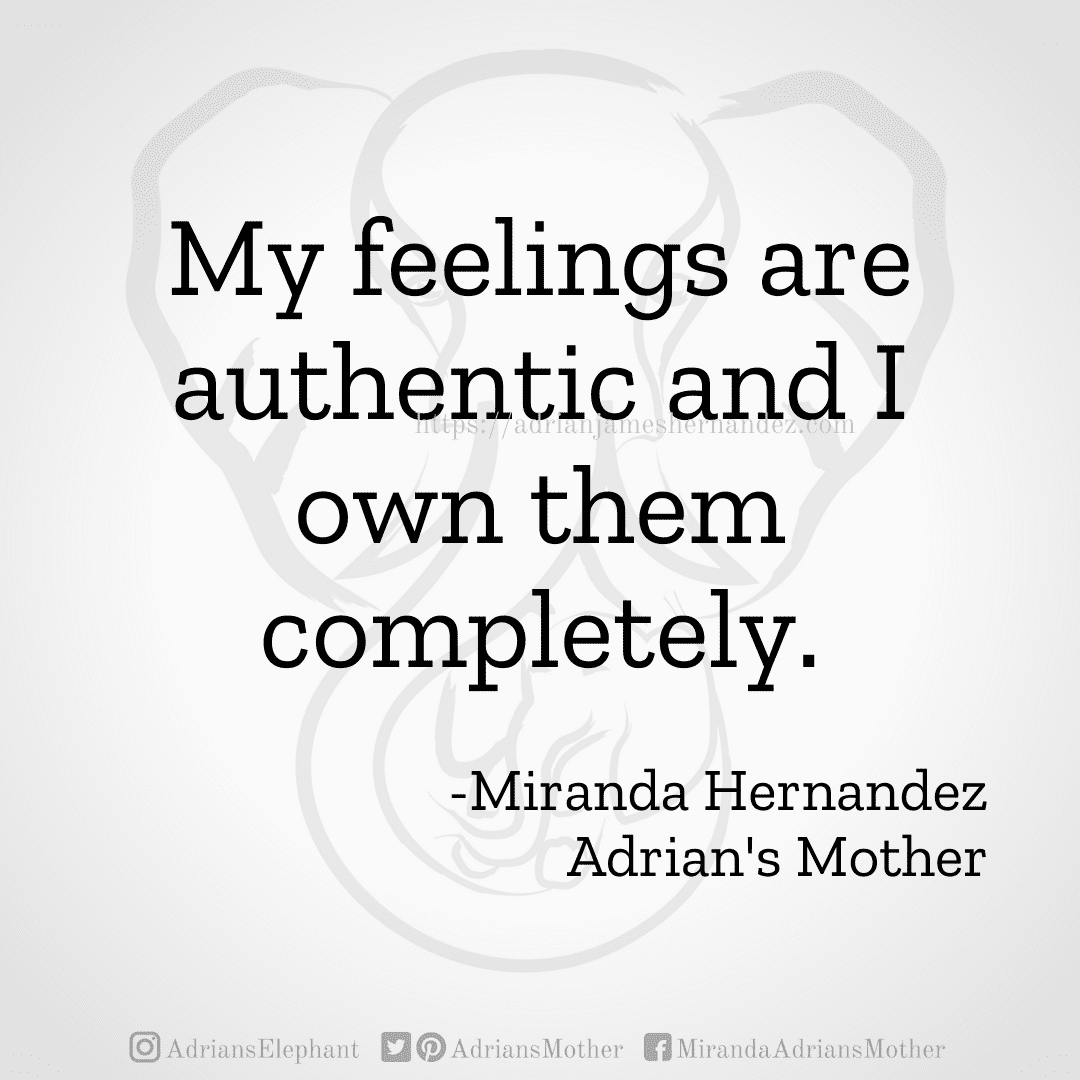




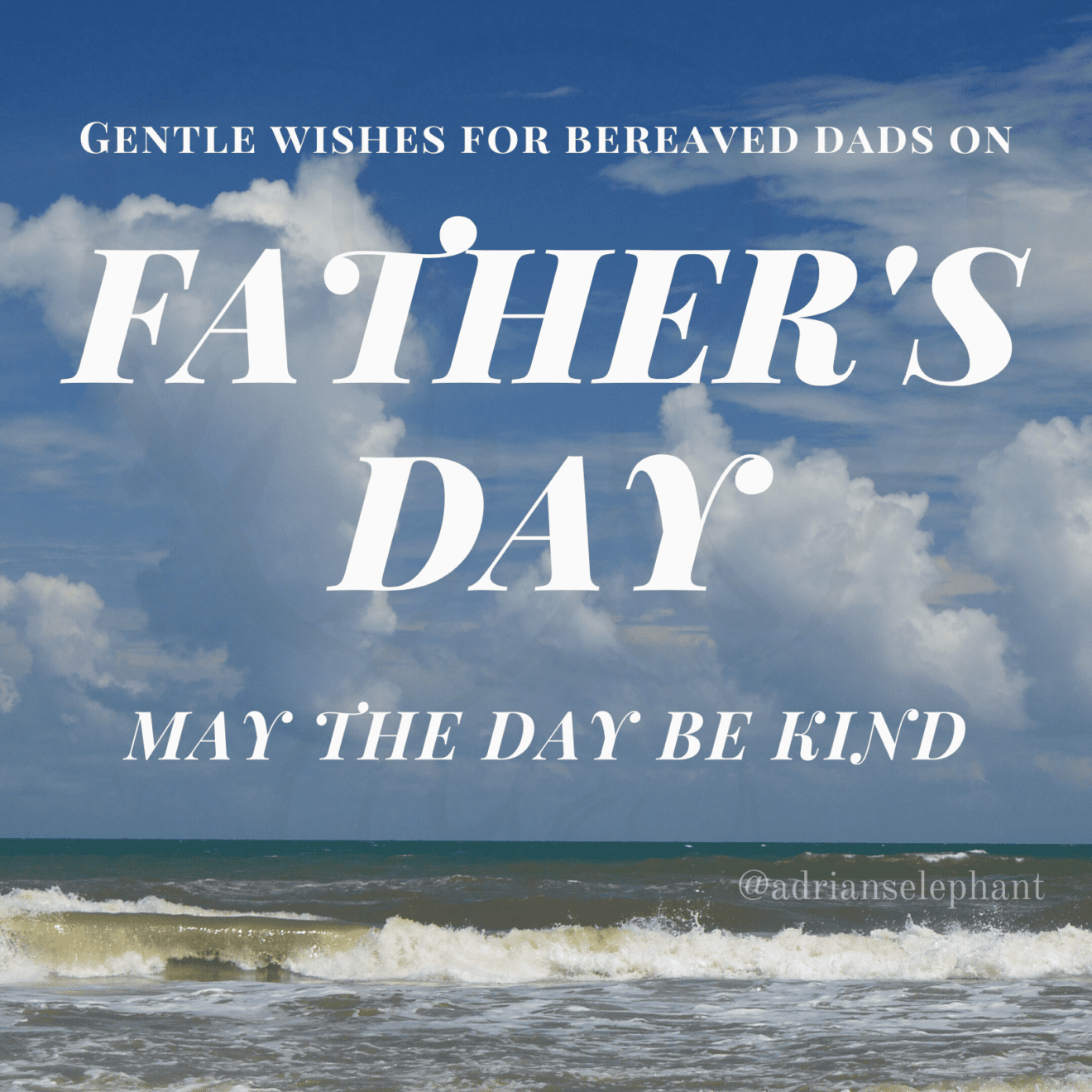



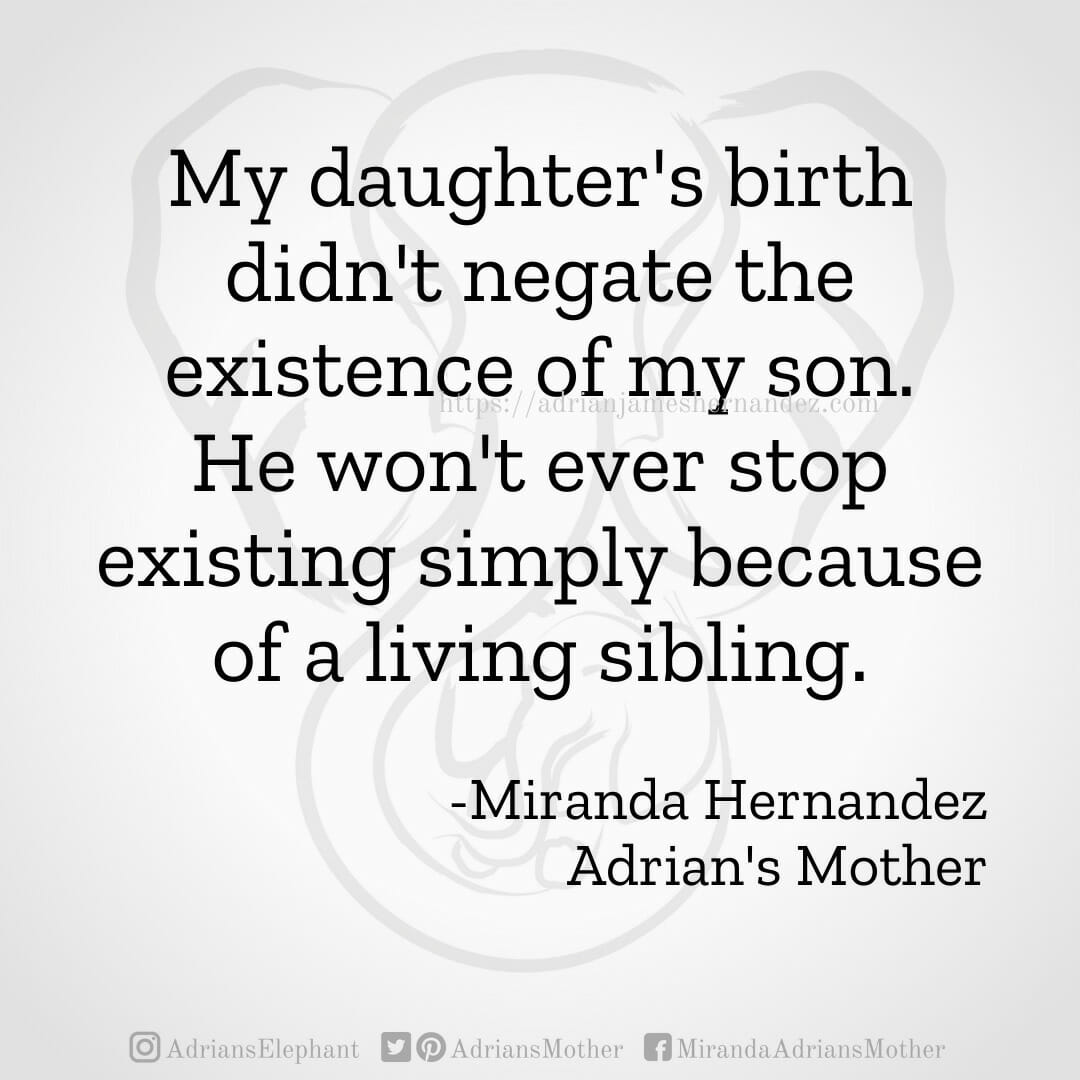
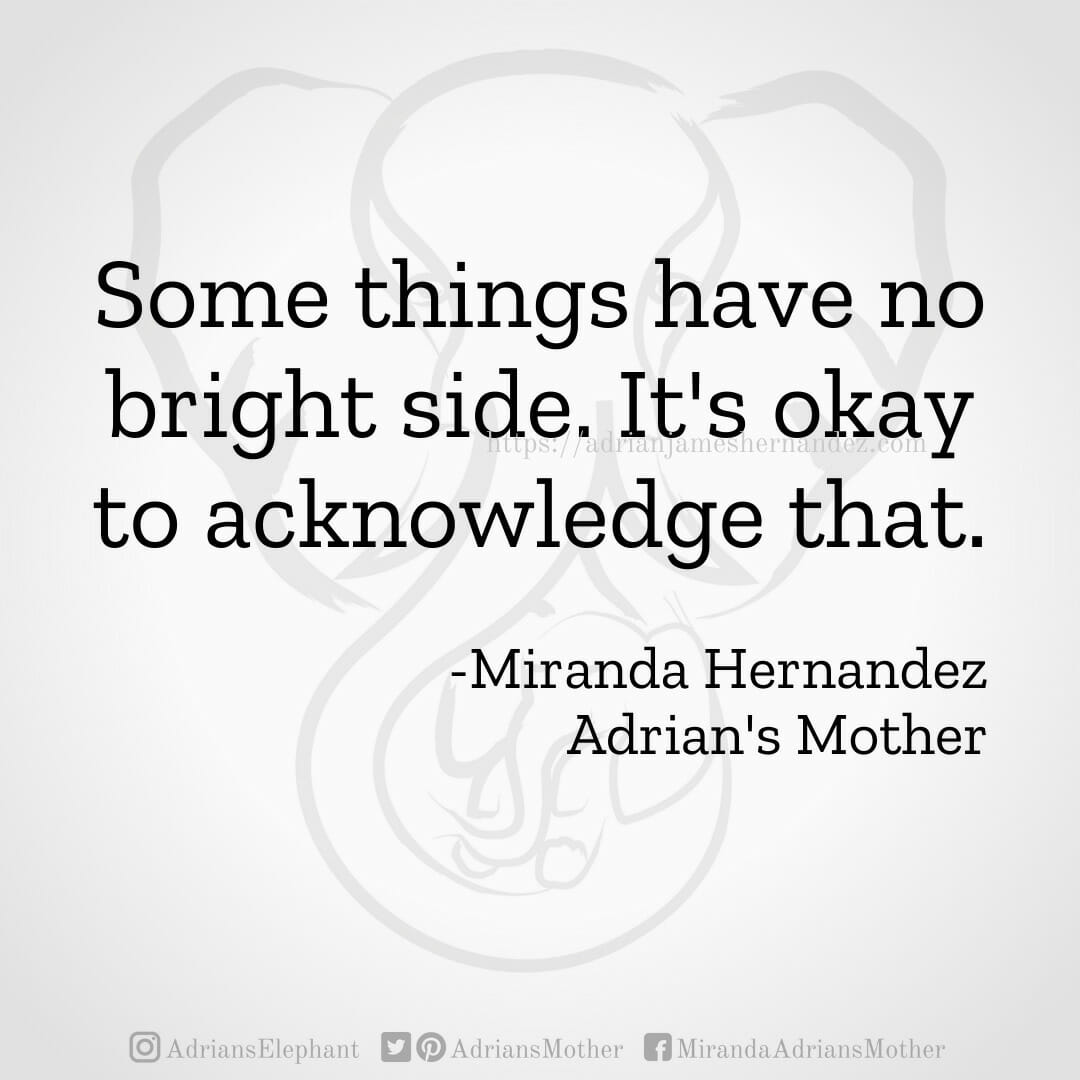












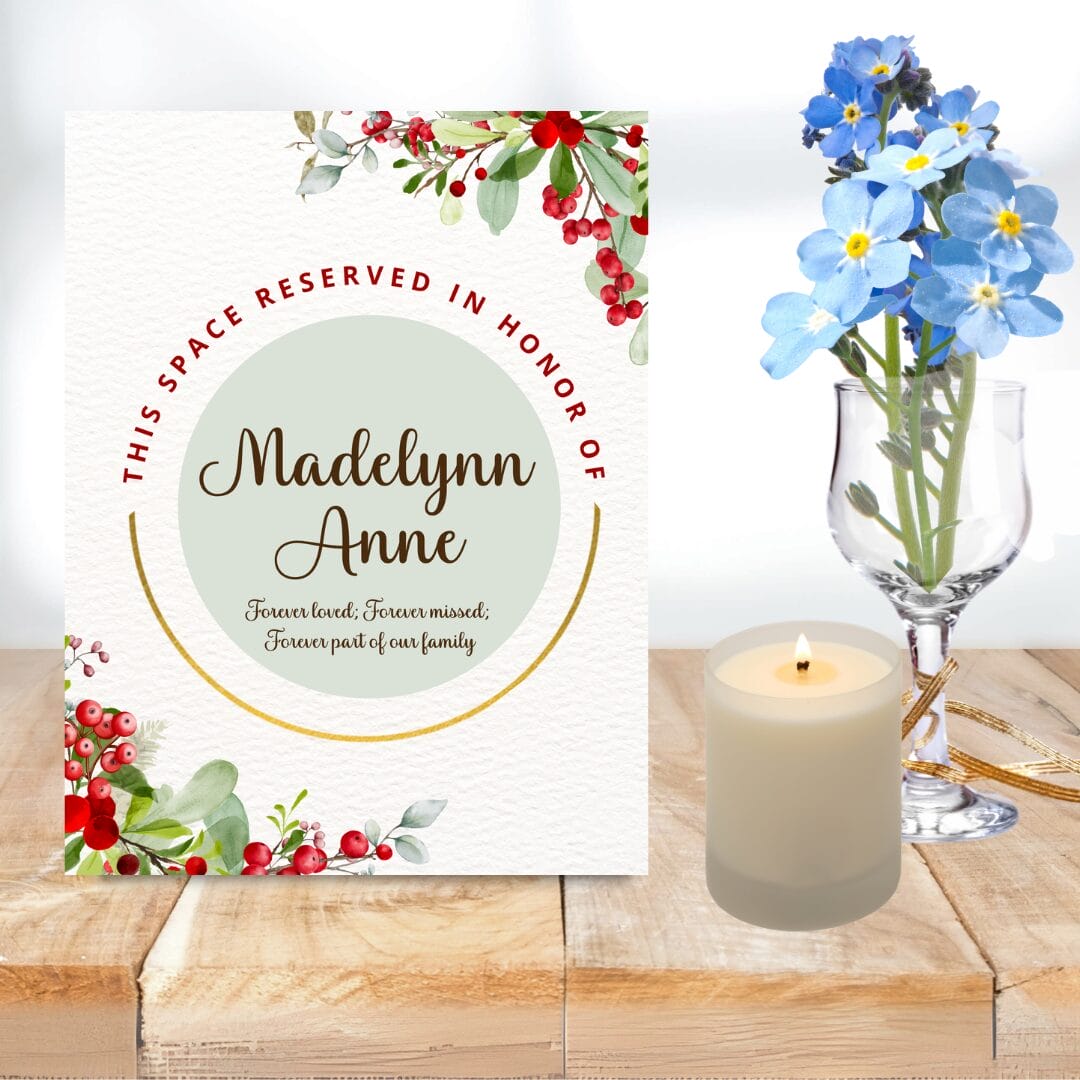
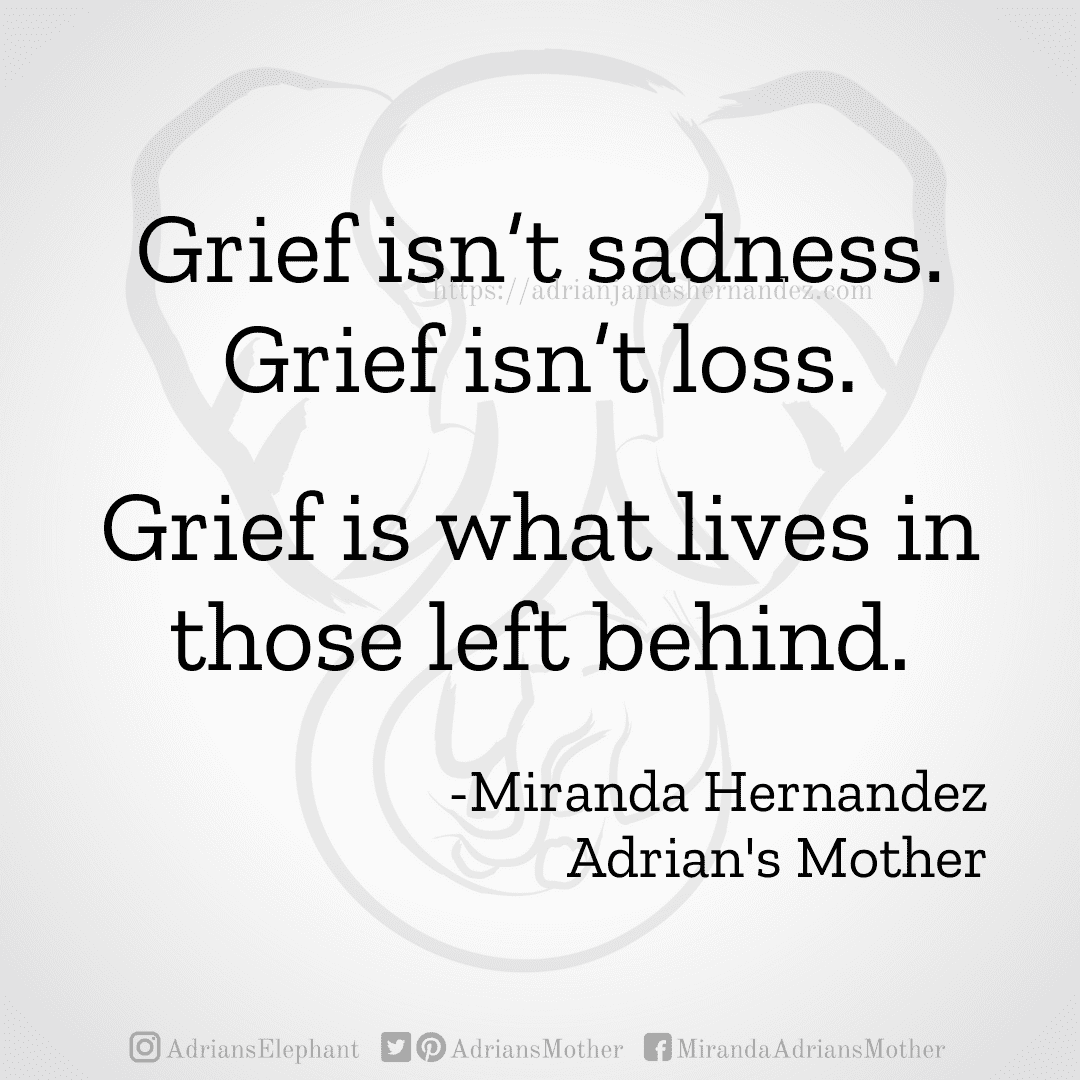

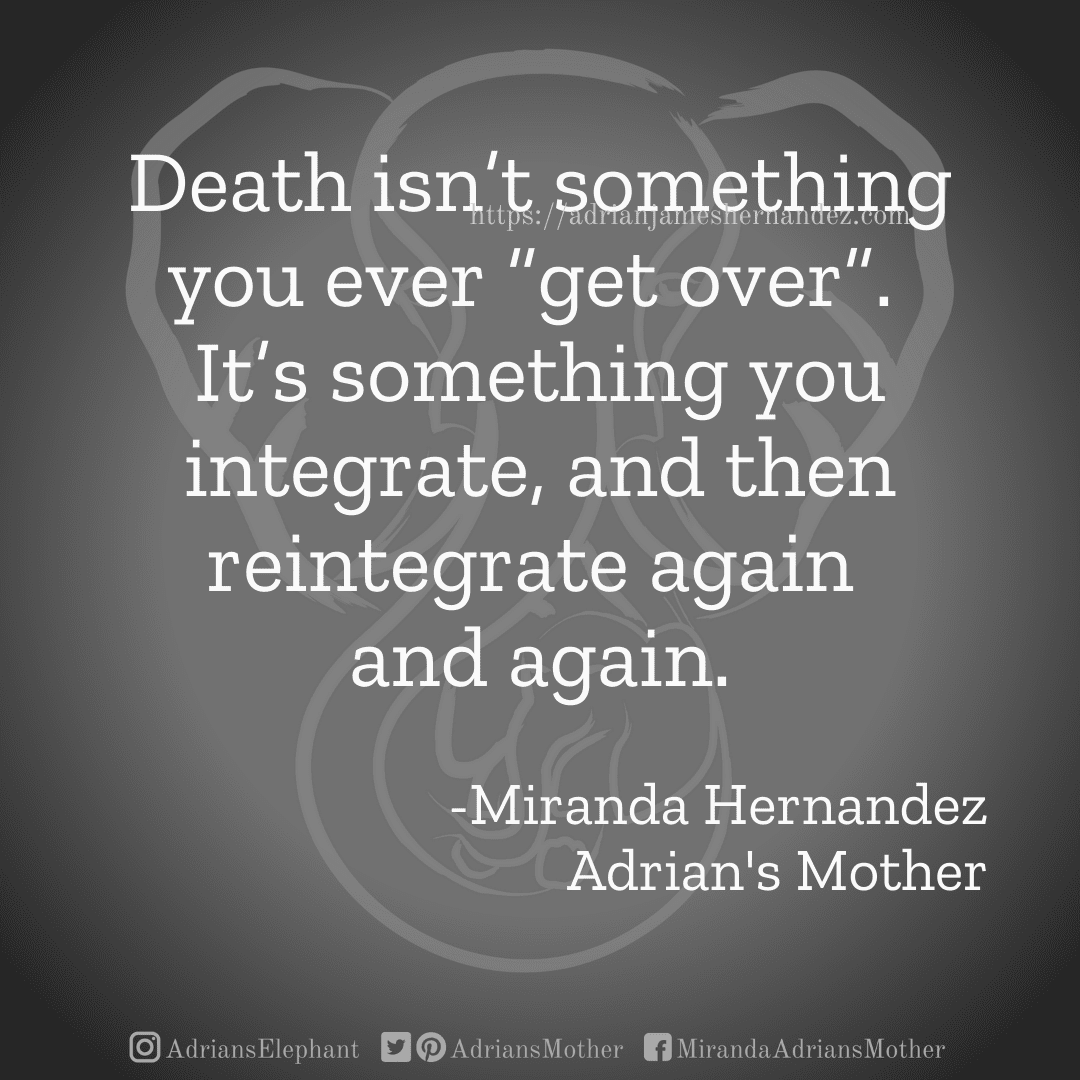


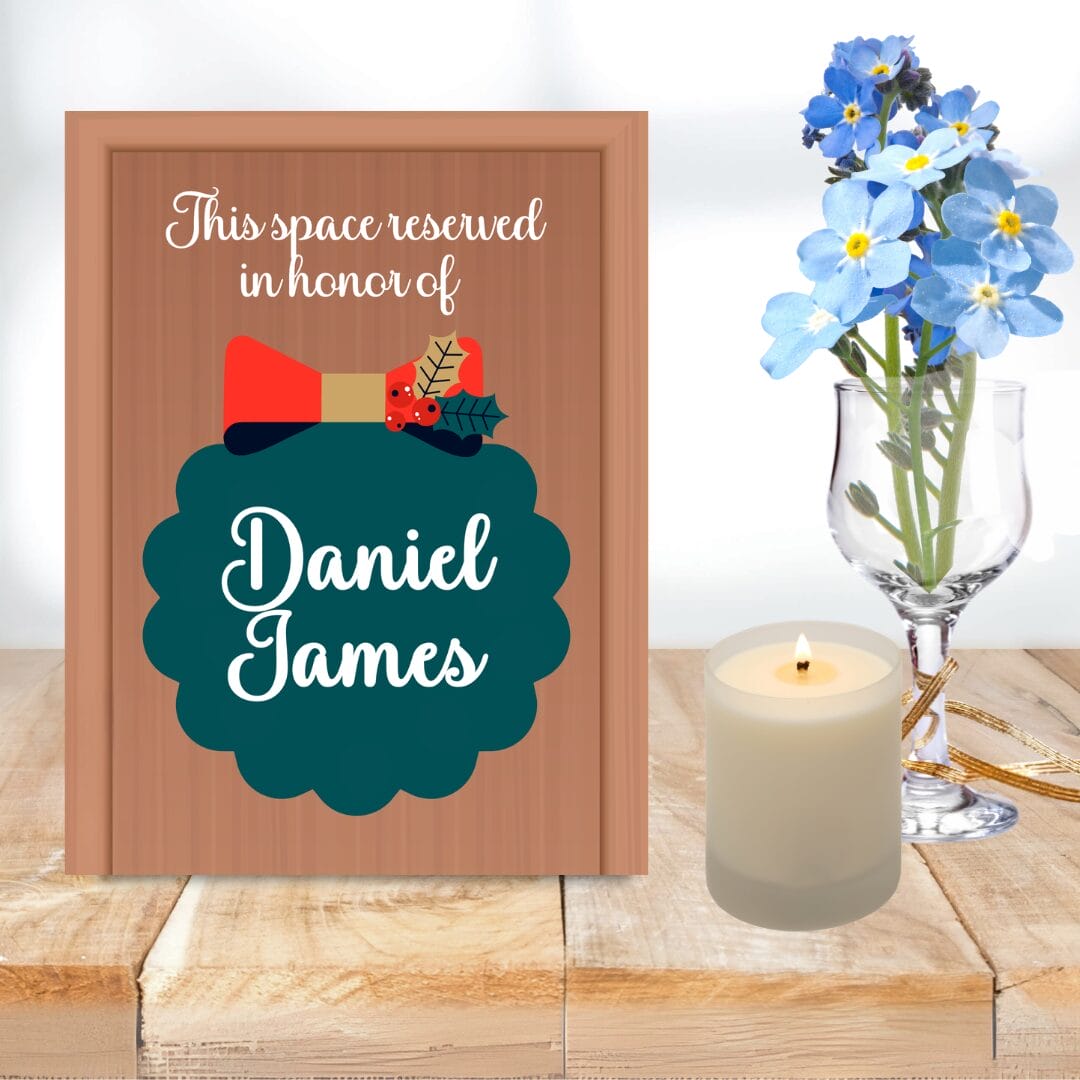

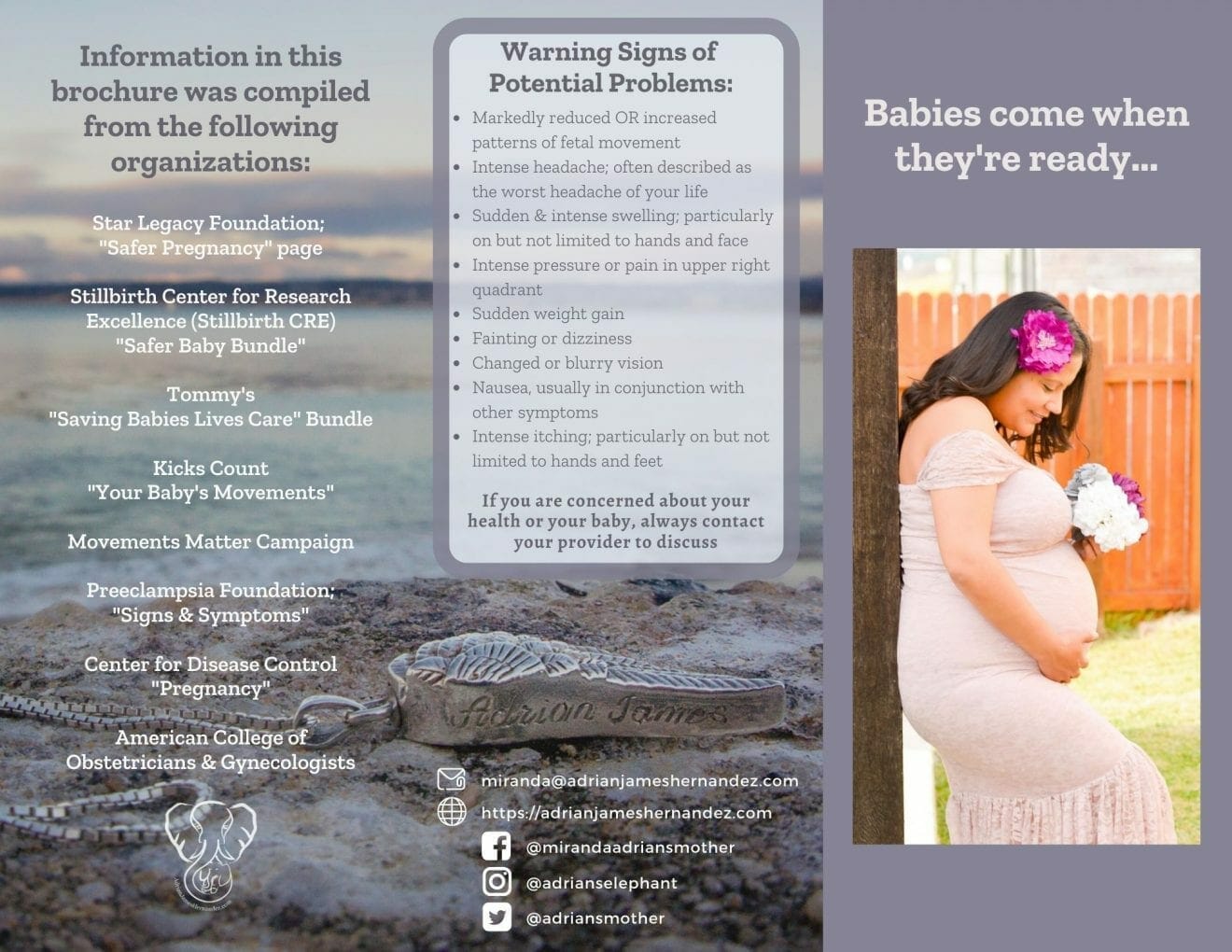

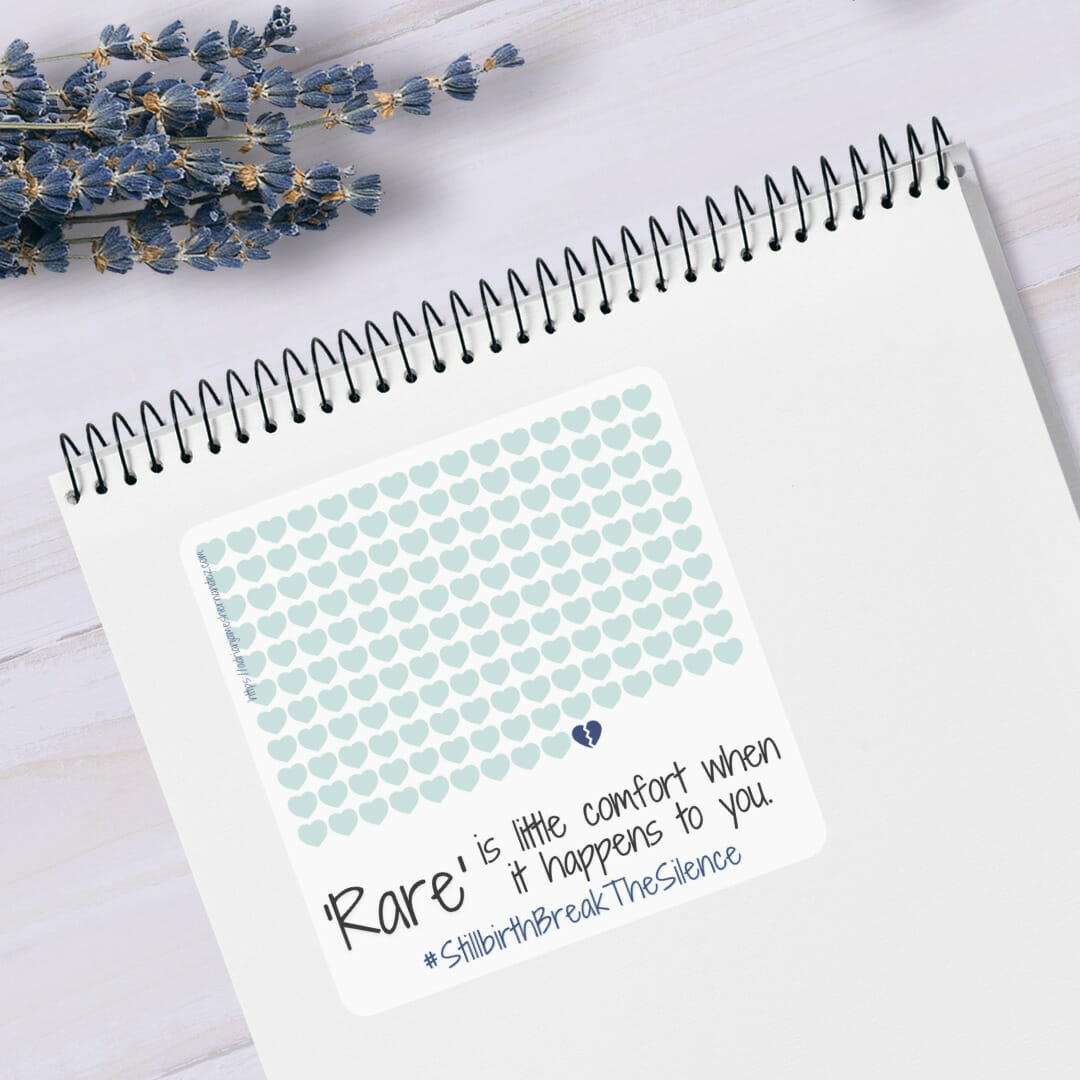

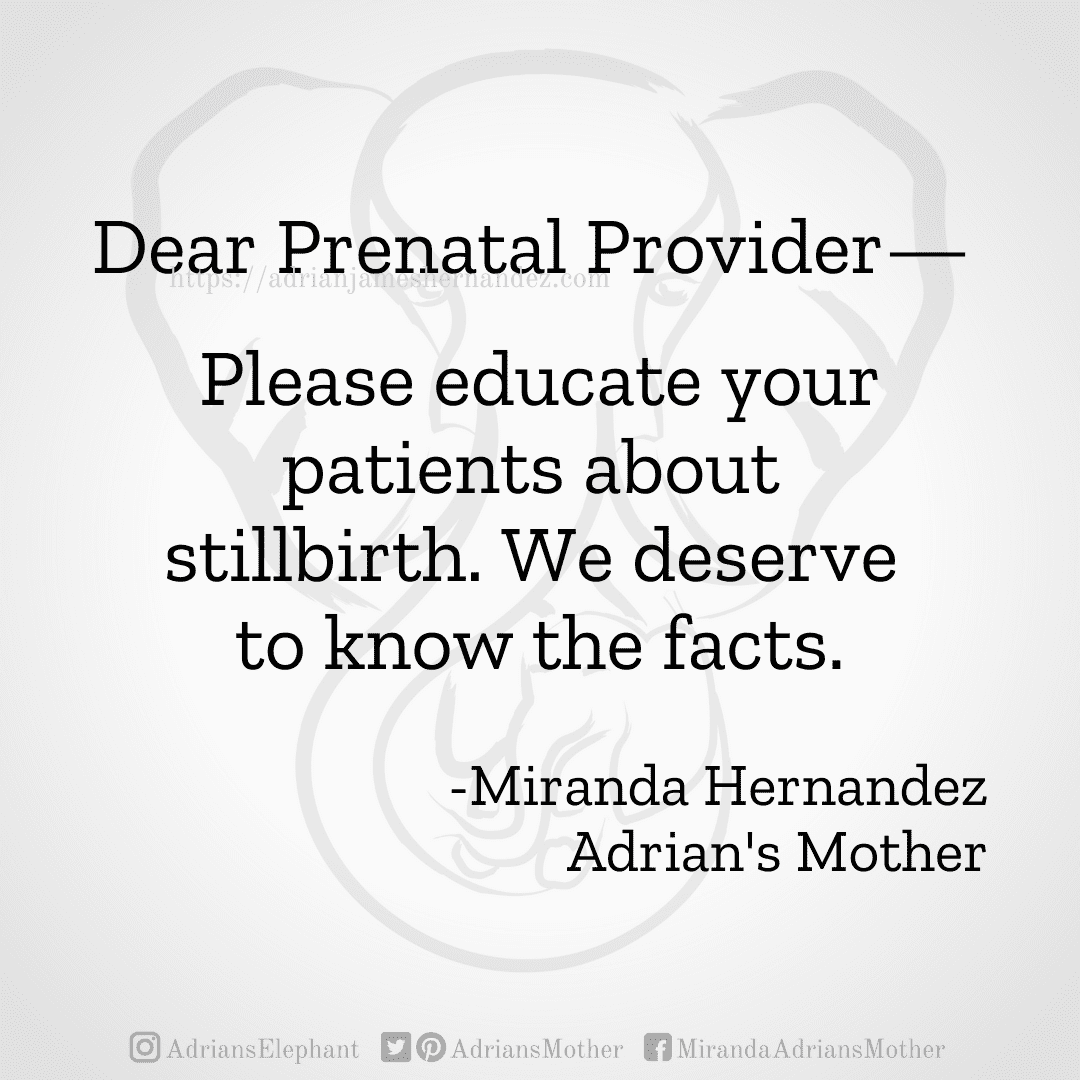


![Baby loss greeting card: In honor of the birthday of [fill in the blank], I have made a donation to [fill in the blank] - Sea Glass Parenting](https://adrianselephantpanda2.s3.amazonaws.com/wp-content/uploads/2022/05/22174434/SGPCardFlat-In-Honor-Of-Your-Childs-Birthday-I-Made-A-Donation-To-IG-9.jpg)








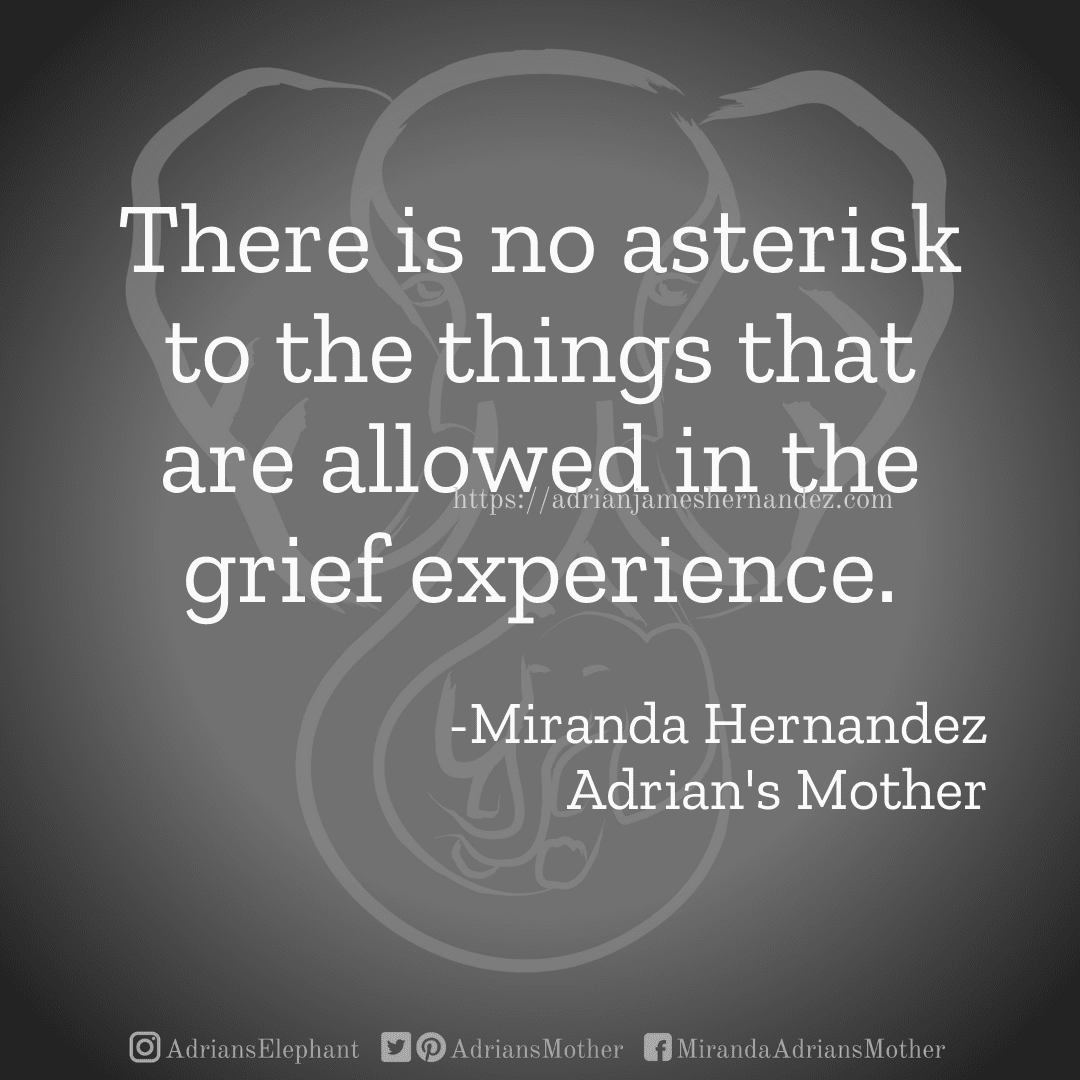
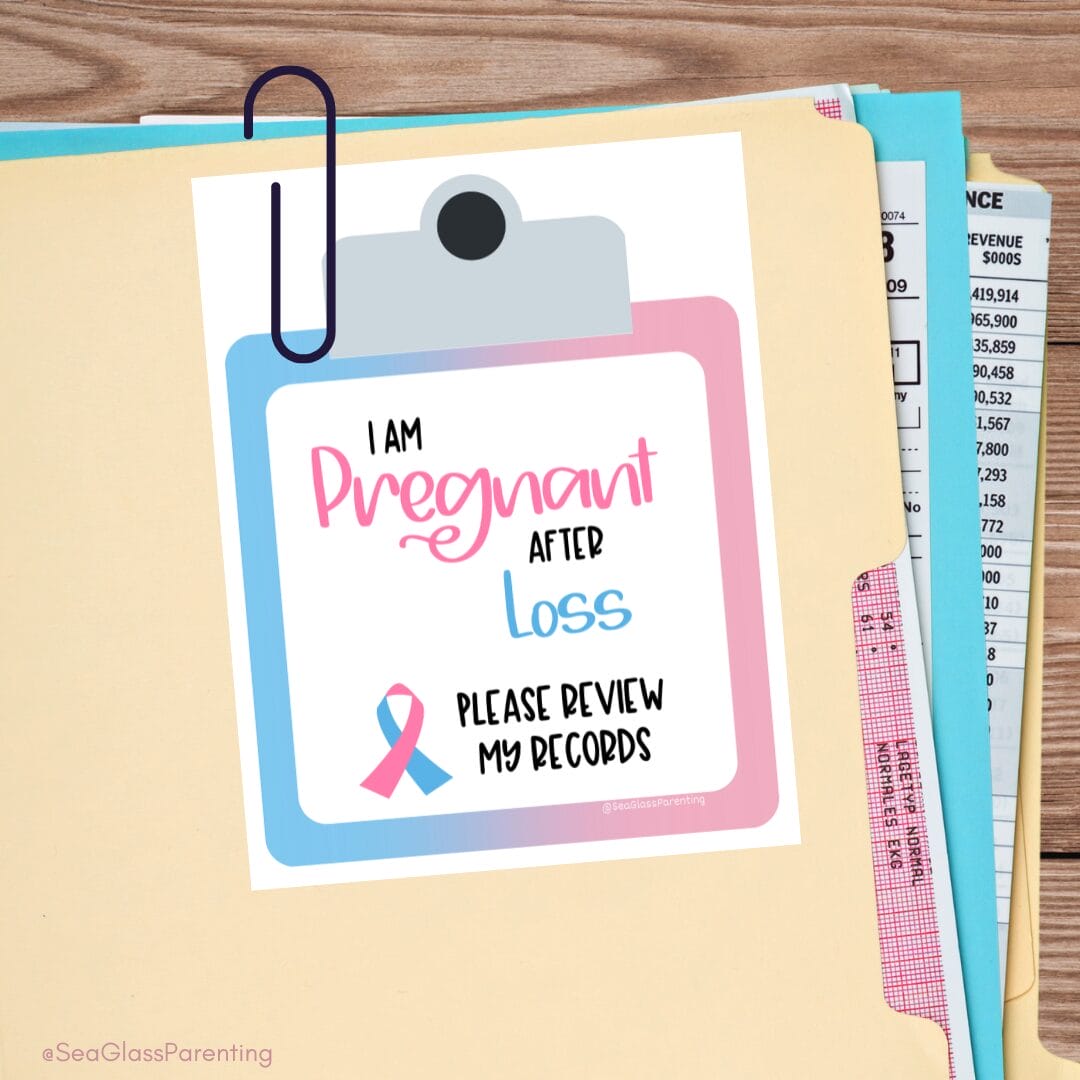
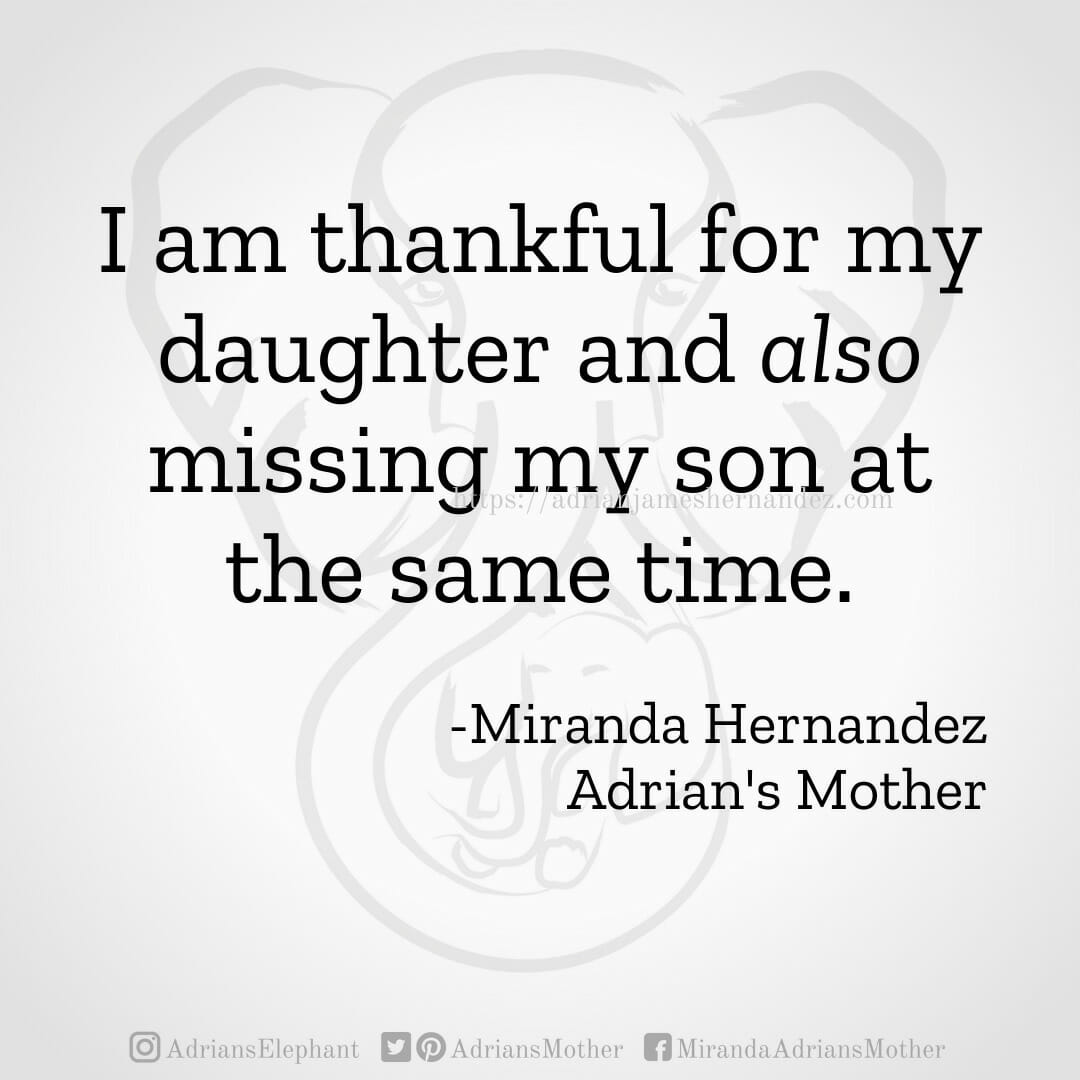



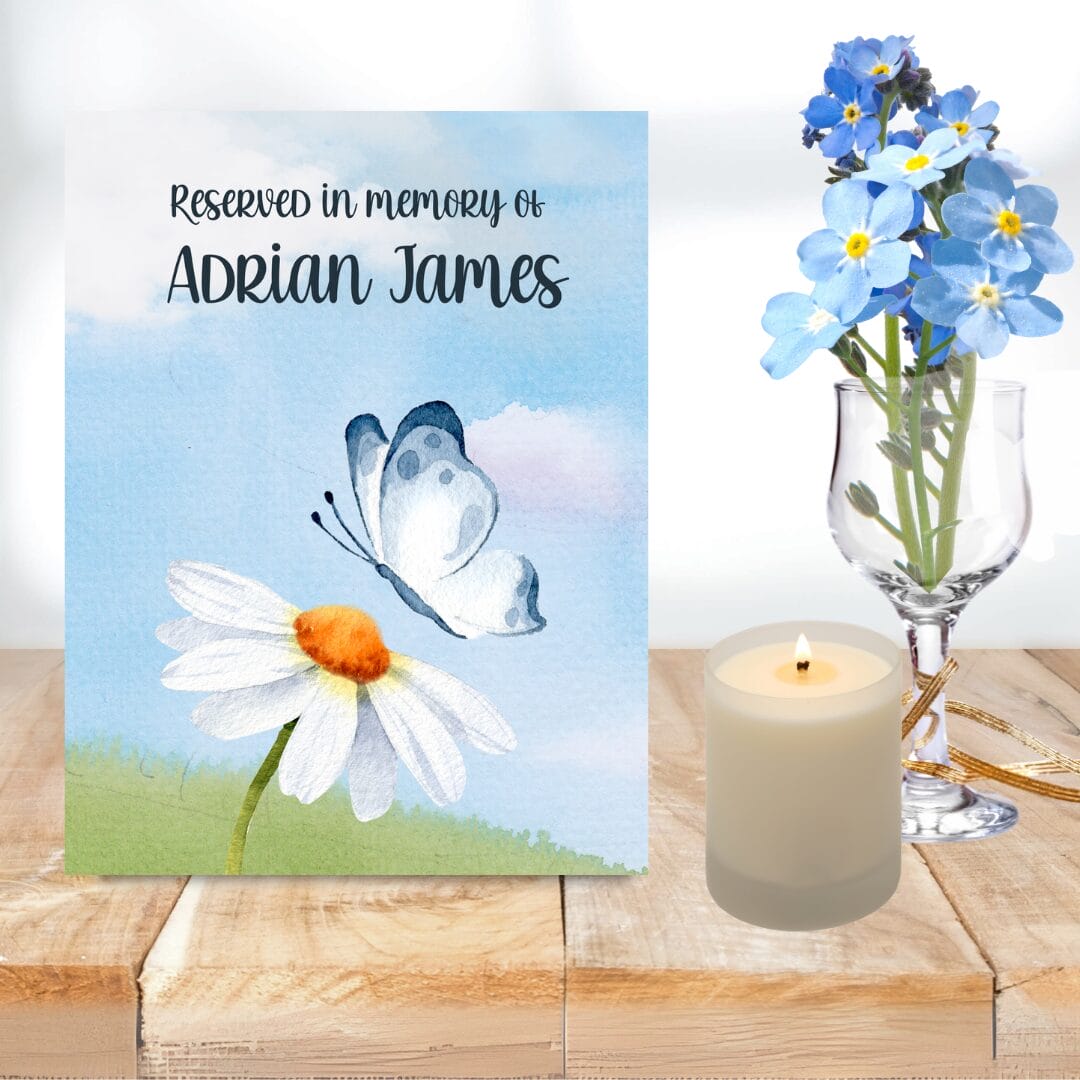

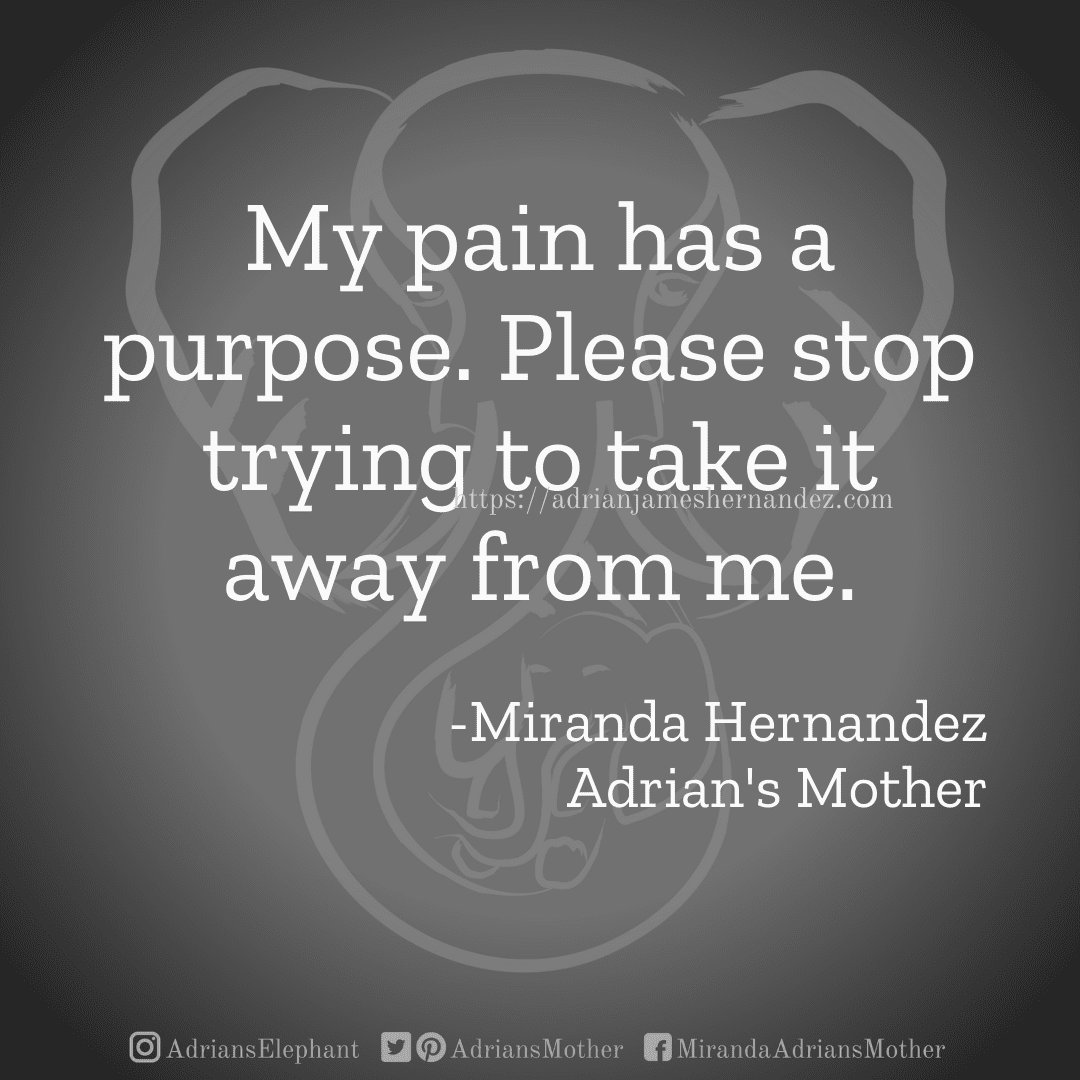
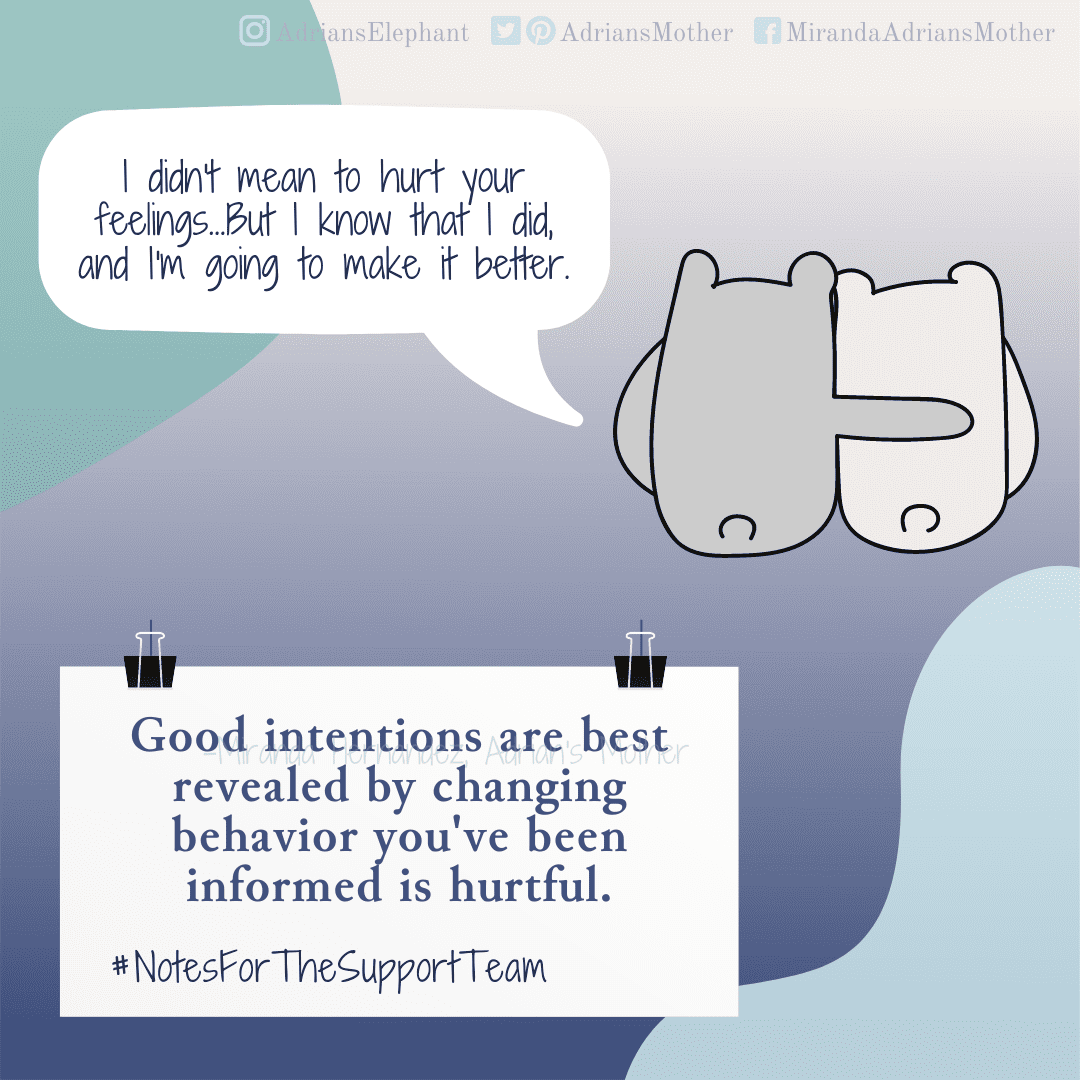




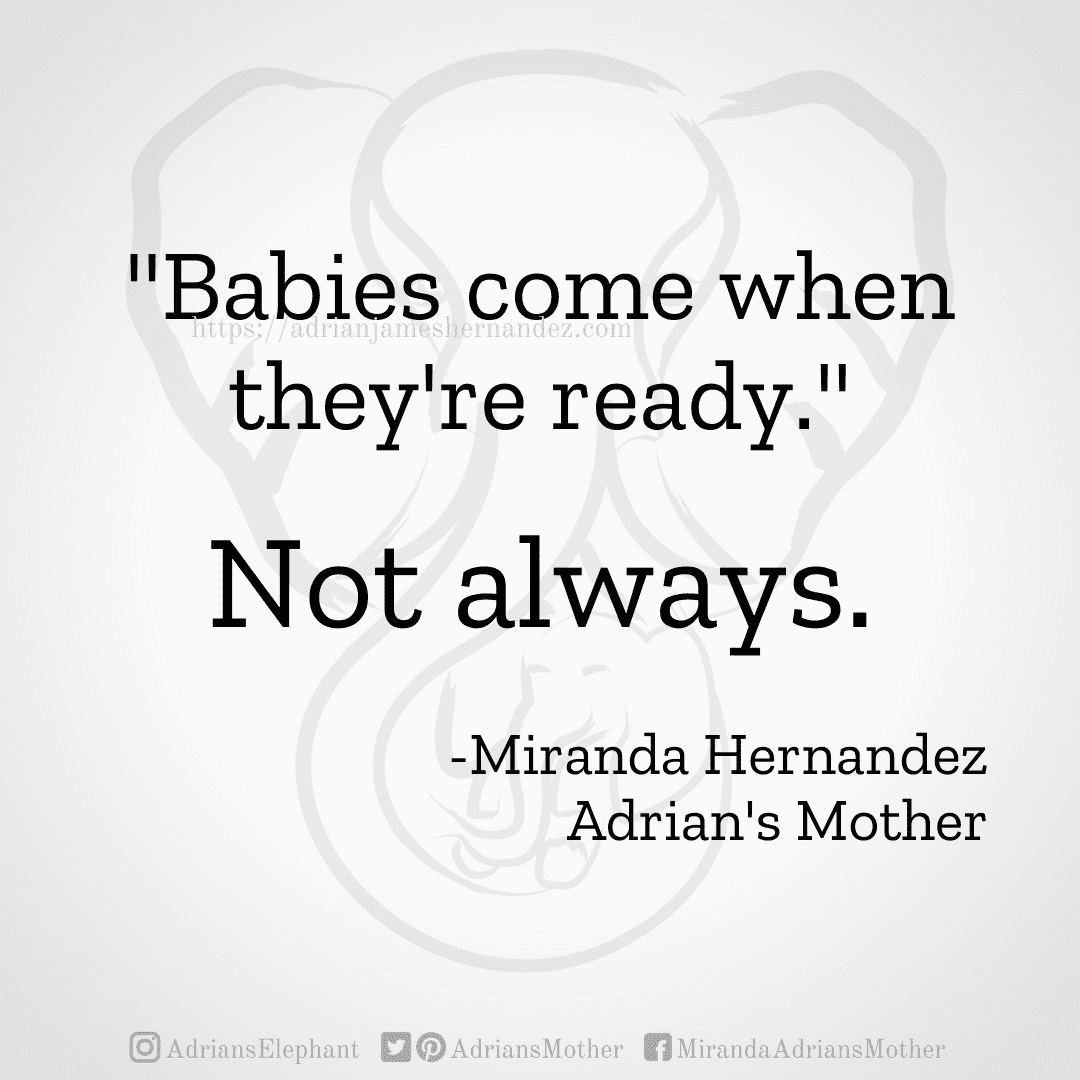
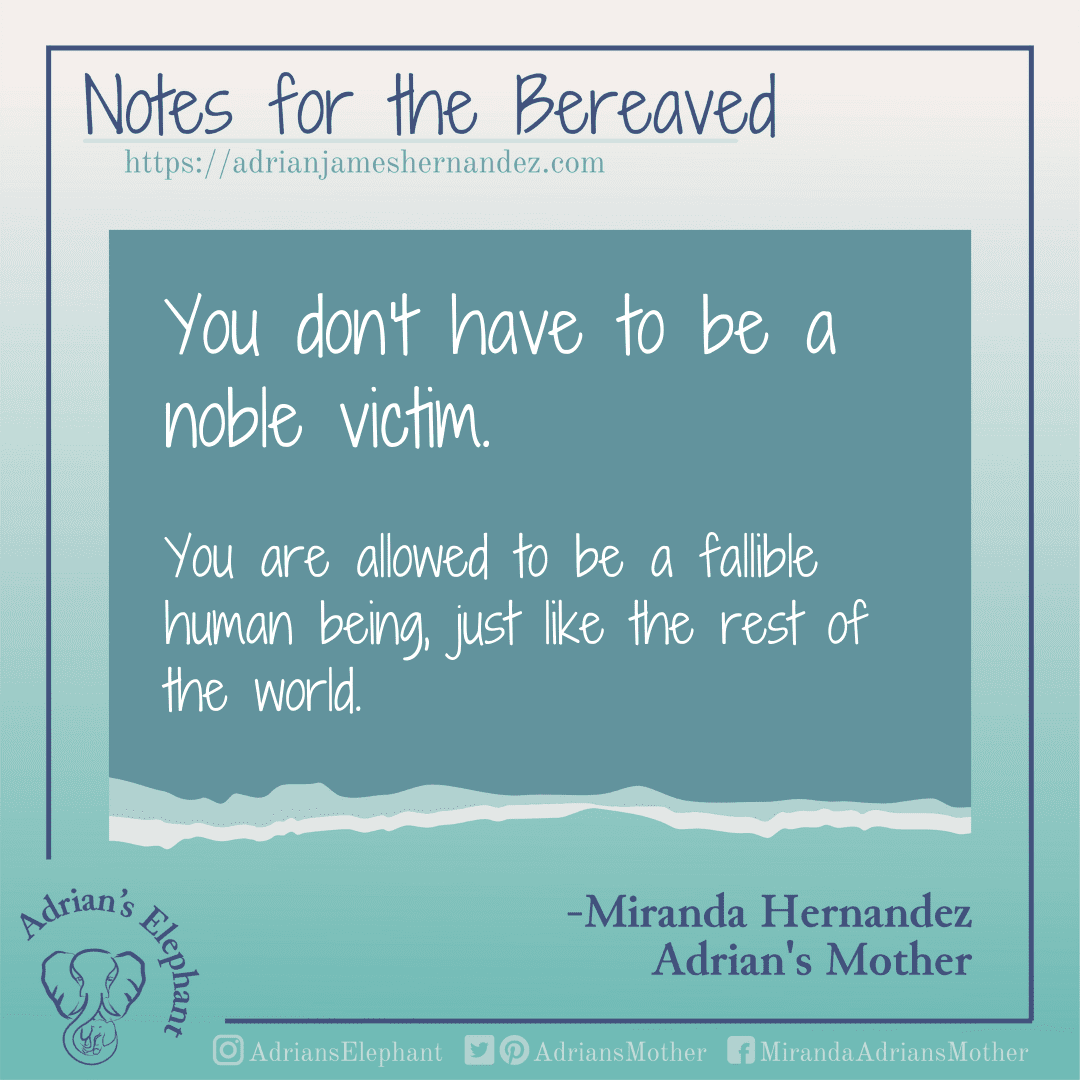
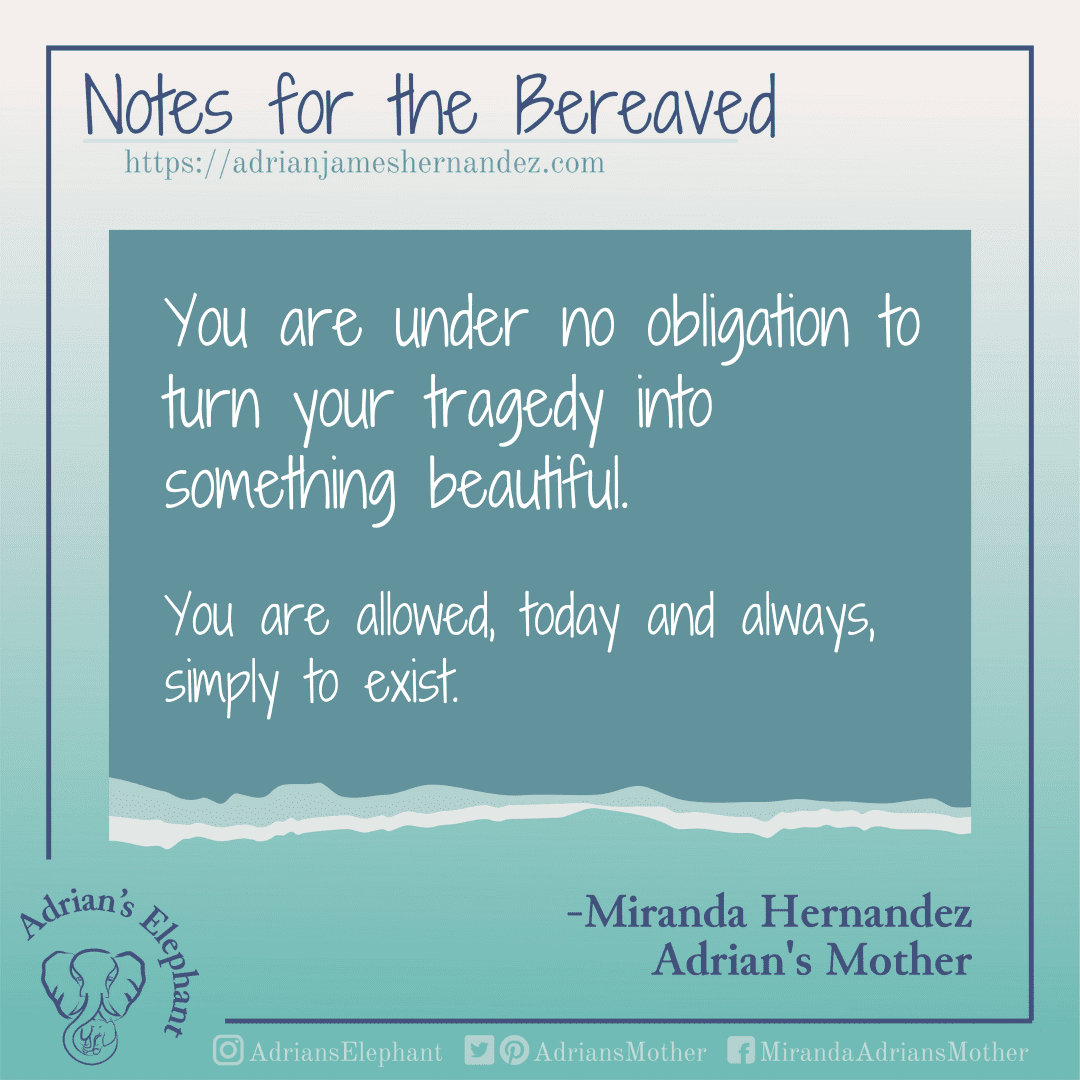

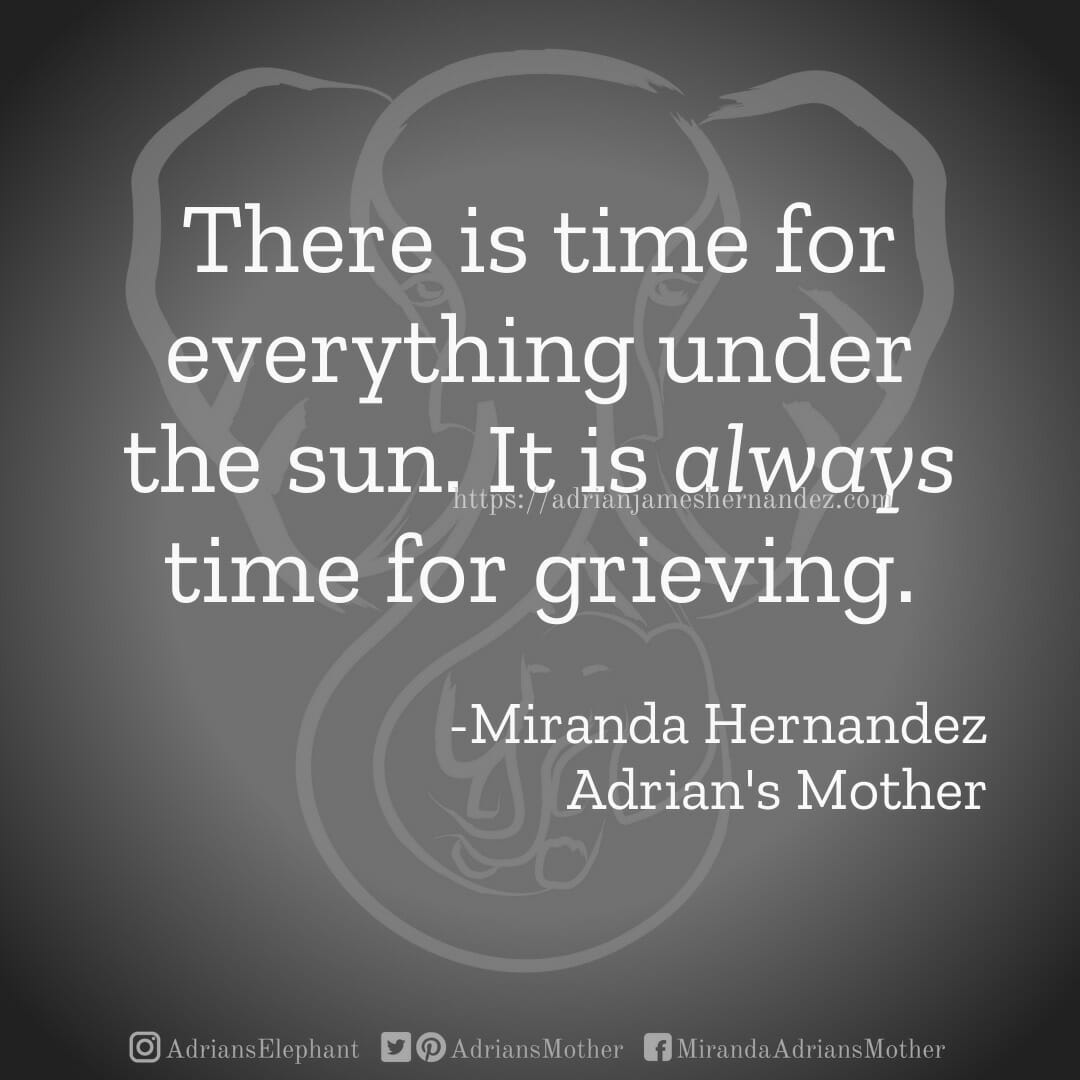

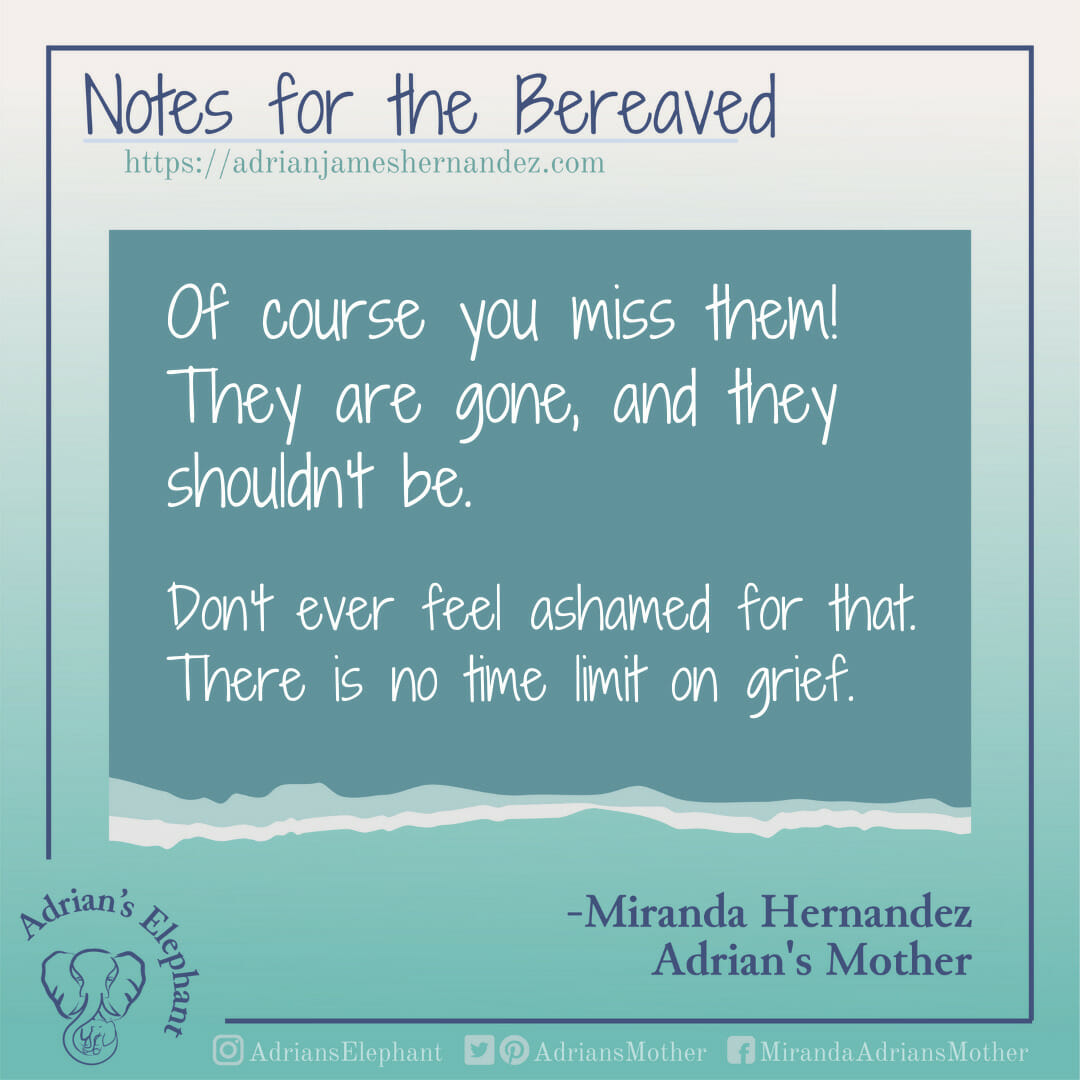


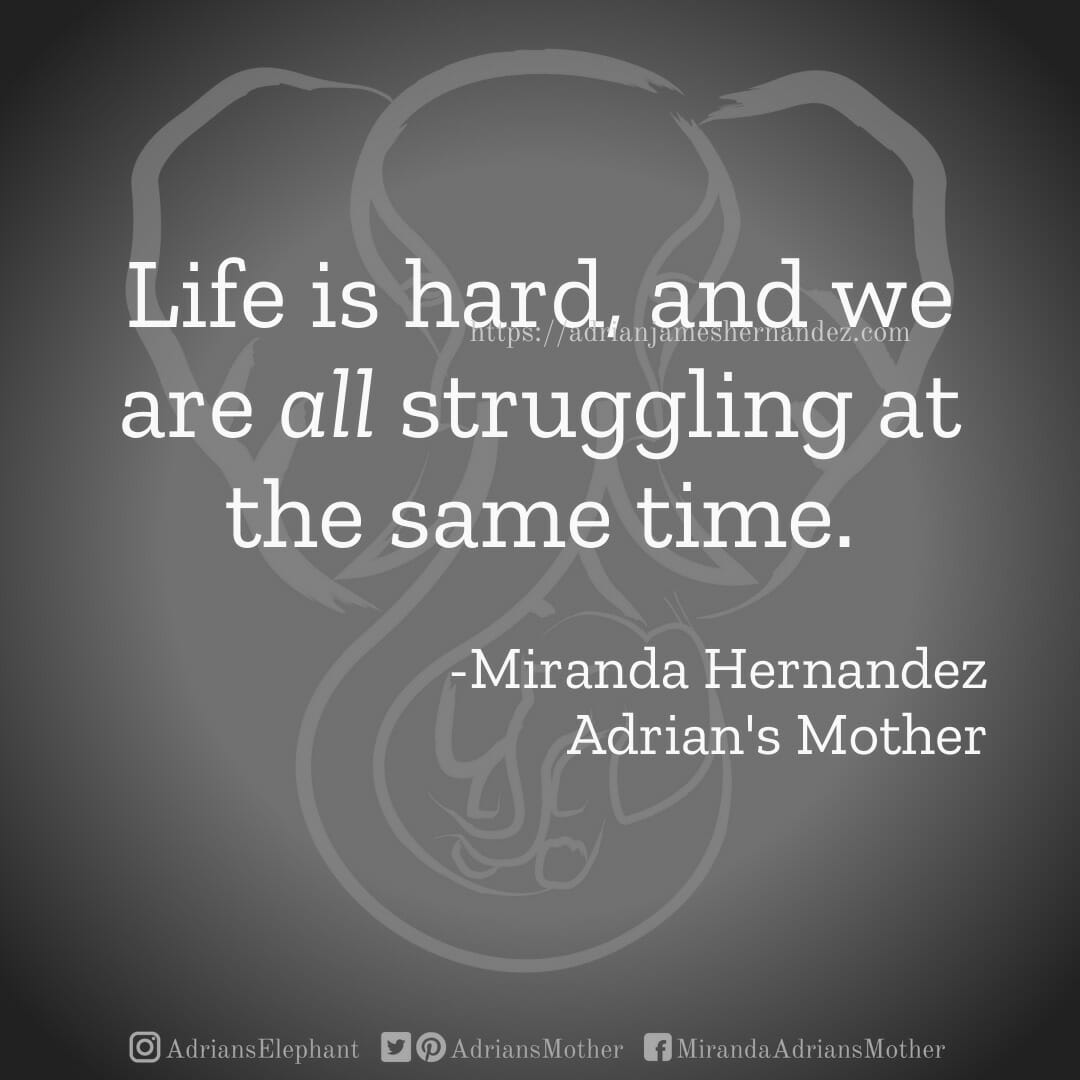
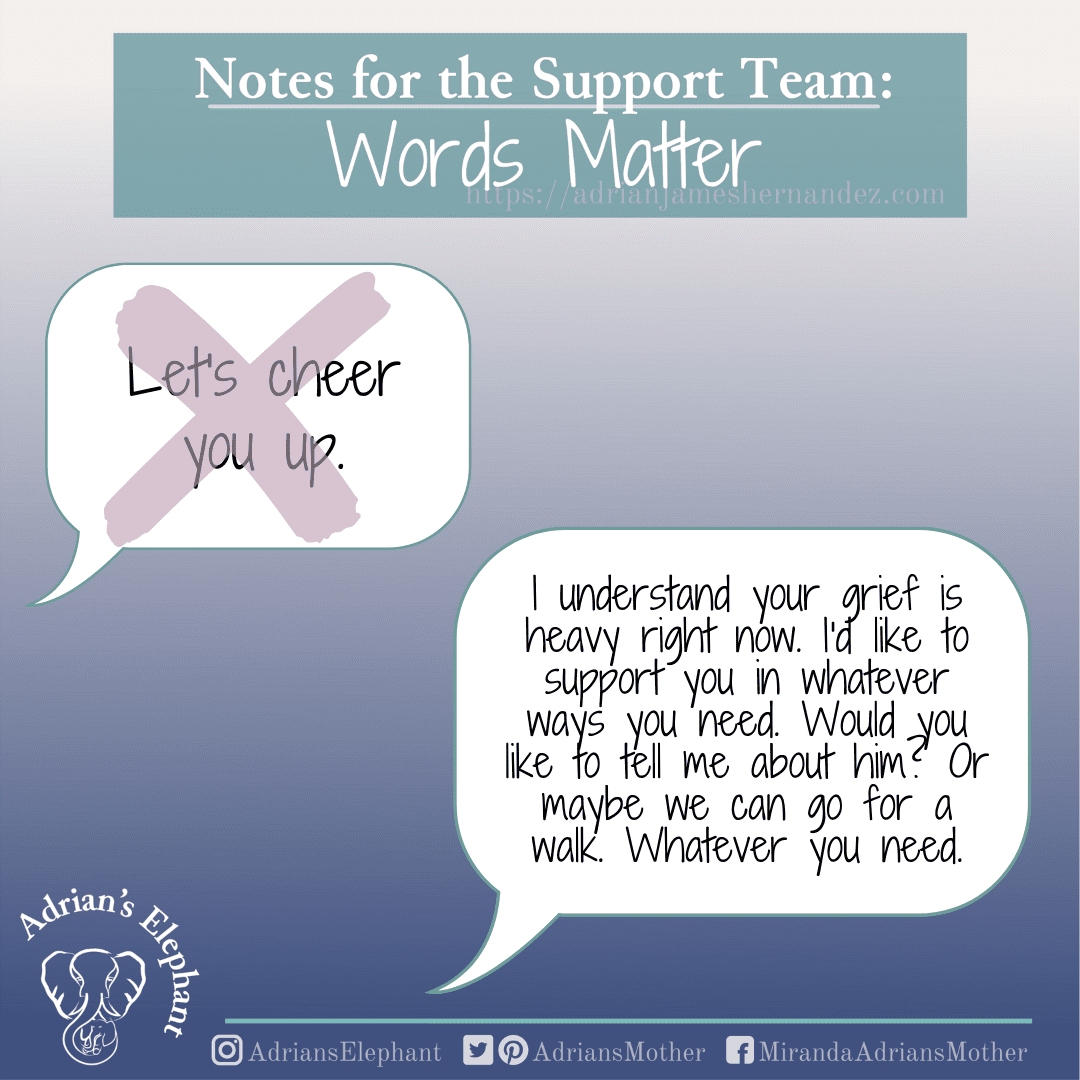

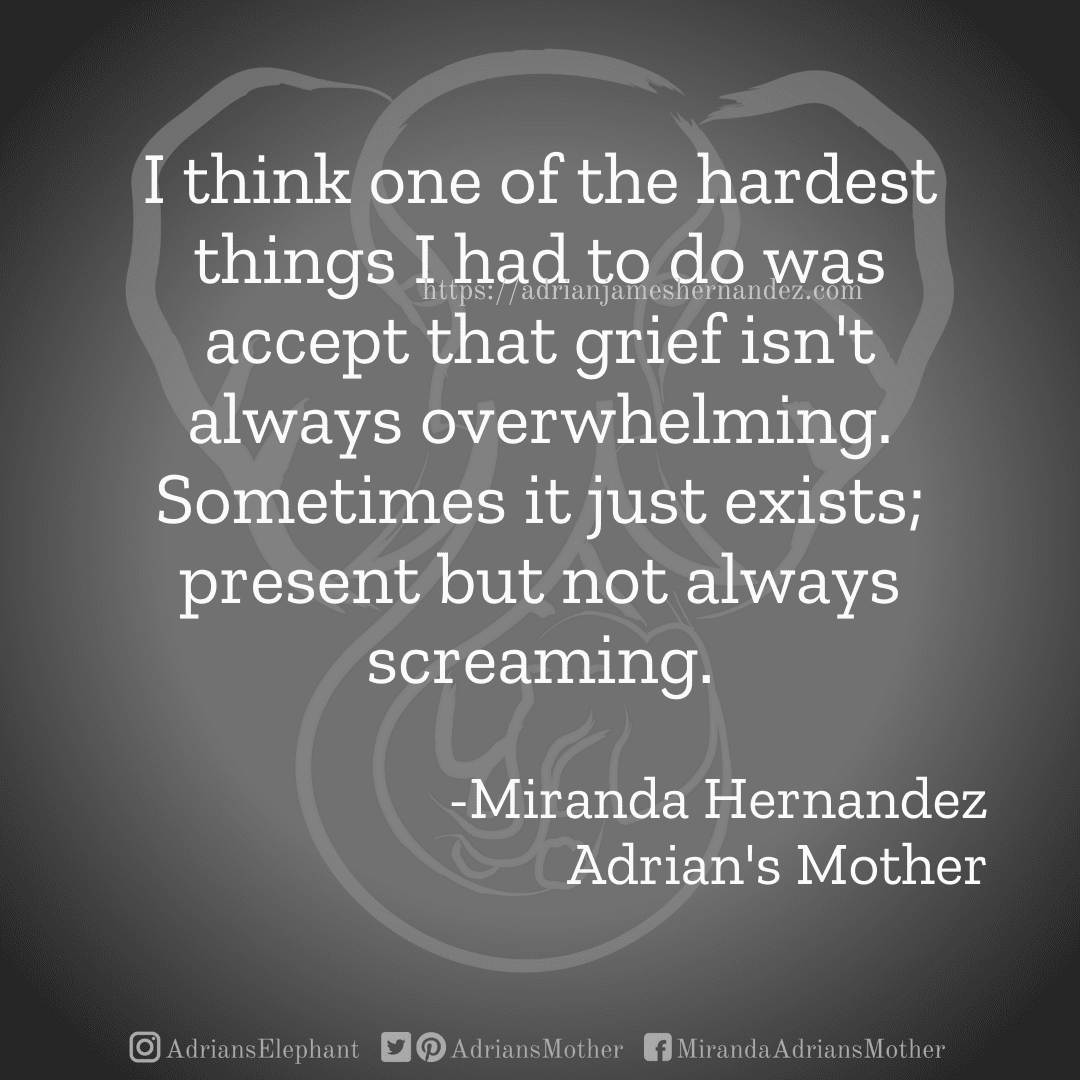

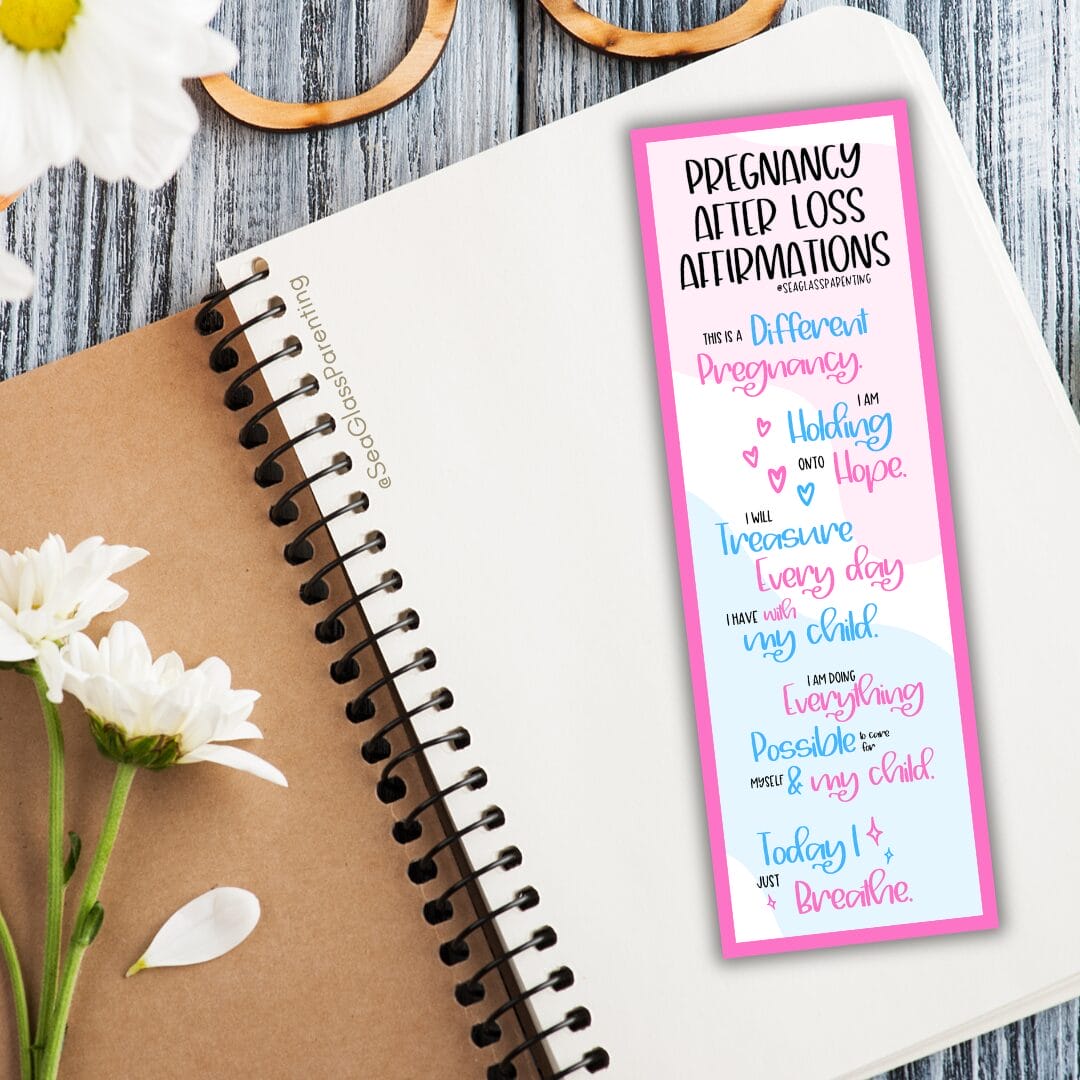


![The month of October is Pregnancy & Infant Loss Awareness month. Honoring all children lost too soon, including my child: [fill in the blank] - Sea Glass Parenting](https://adrianselephantpanda2.s3.amazonaws.com/wp-content/uploads/2021/09/30130345/Pregnancy-And-Infant-Loss-Awareness-Month-In-Honor-Of-My-Child-1-3.jpg)


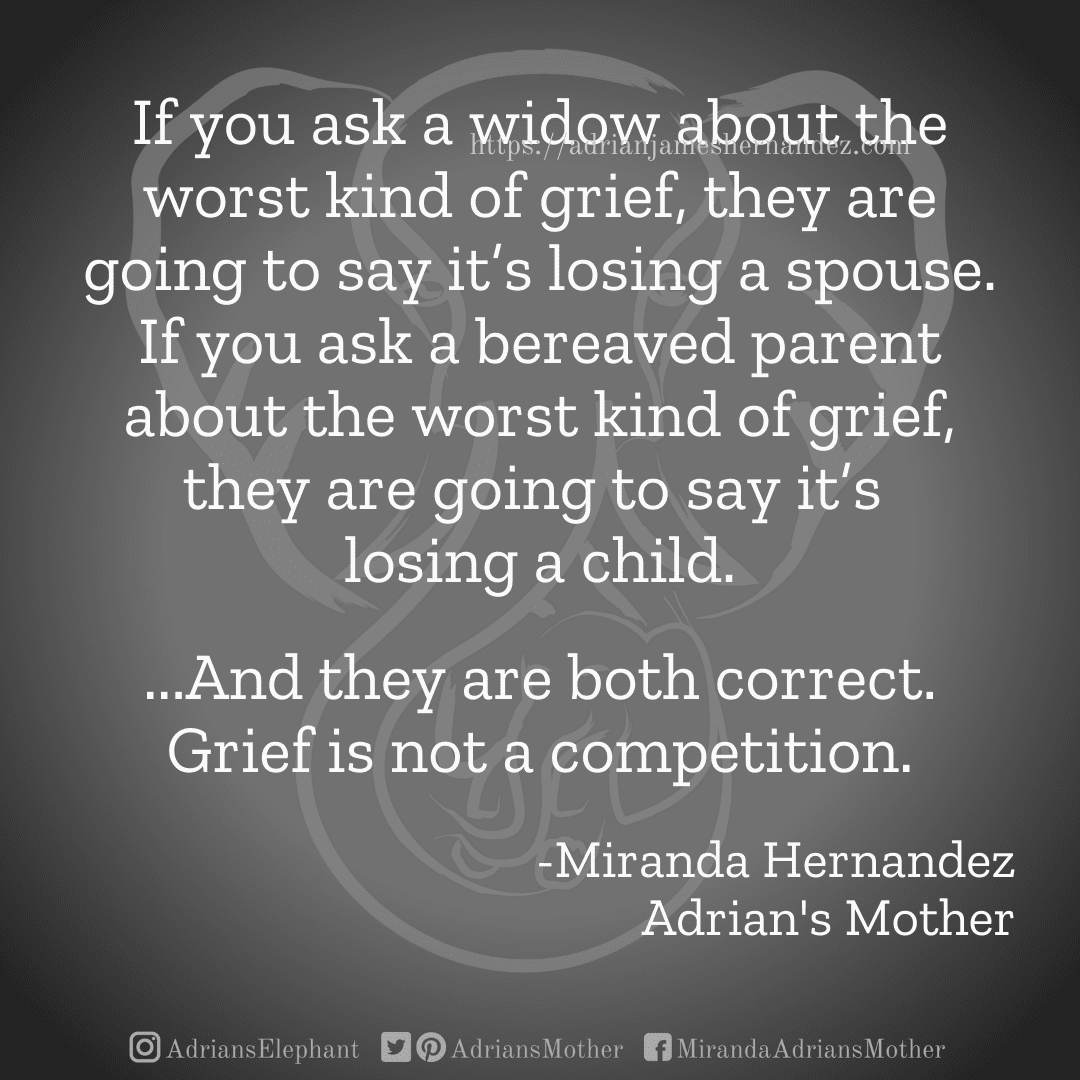
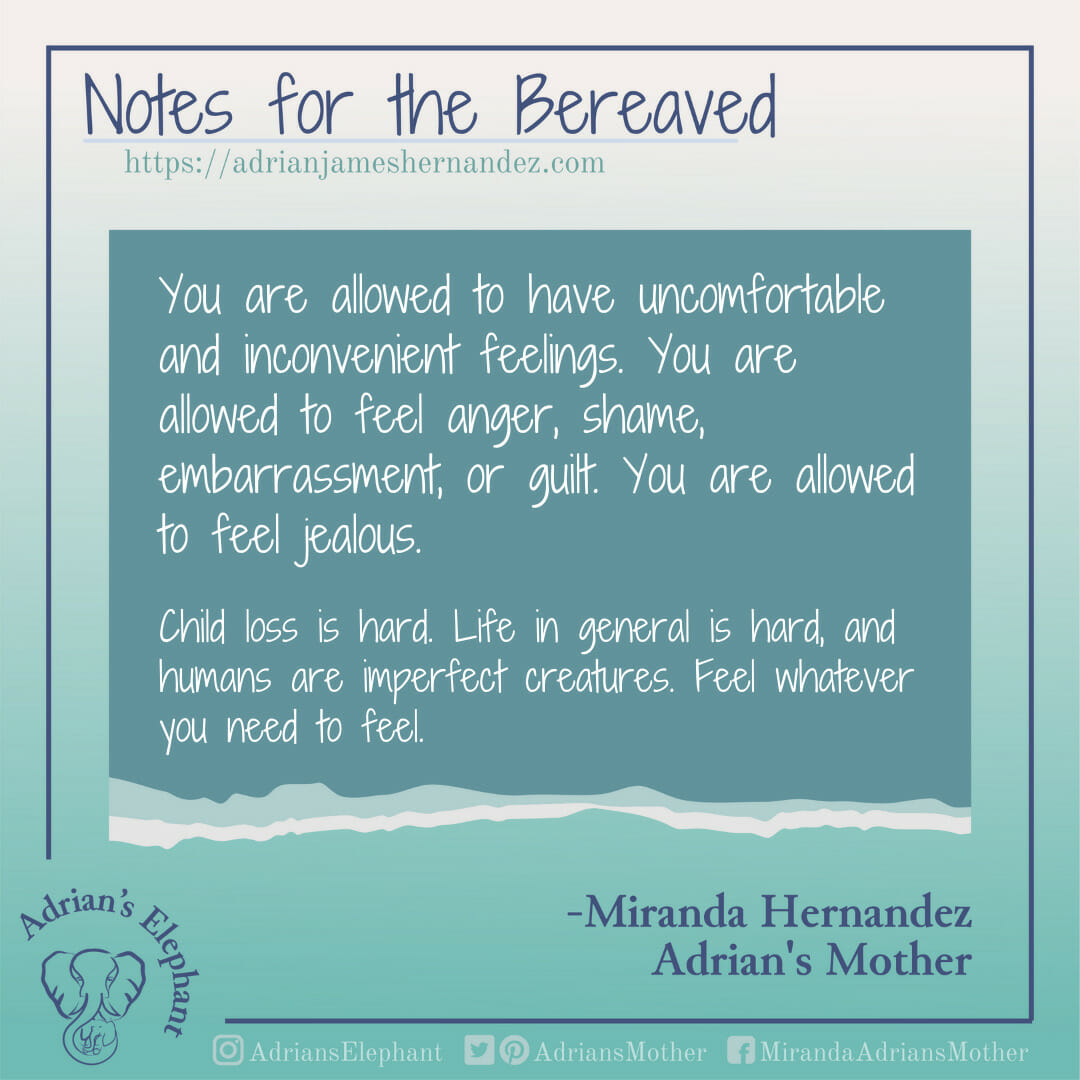


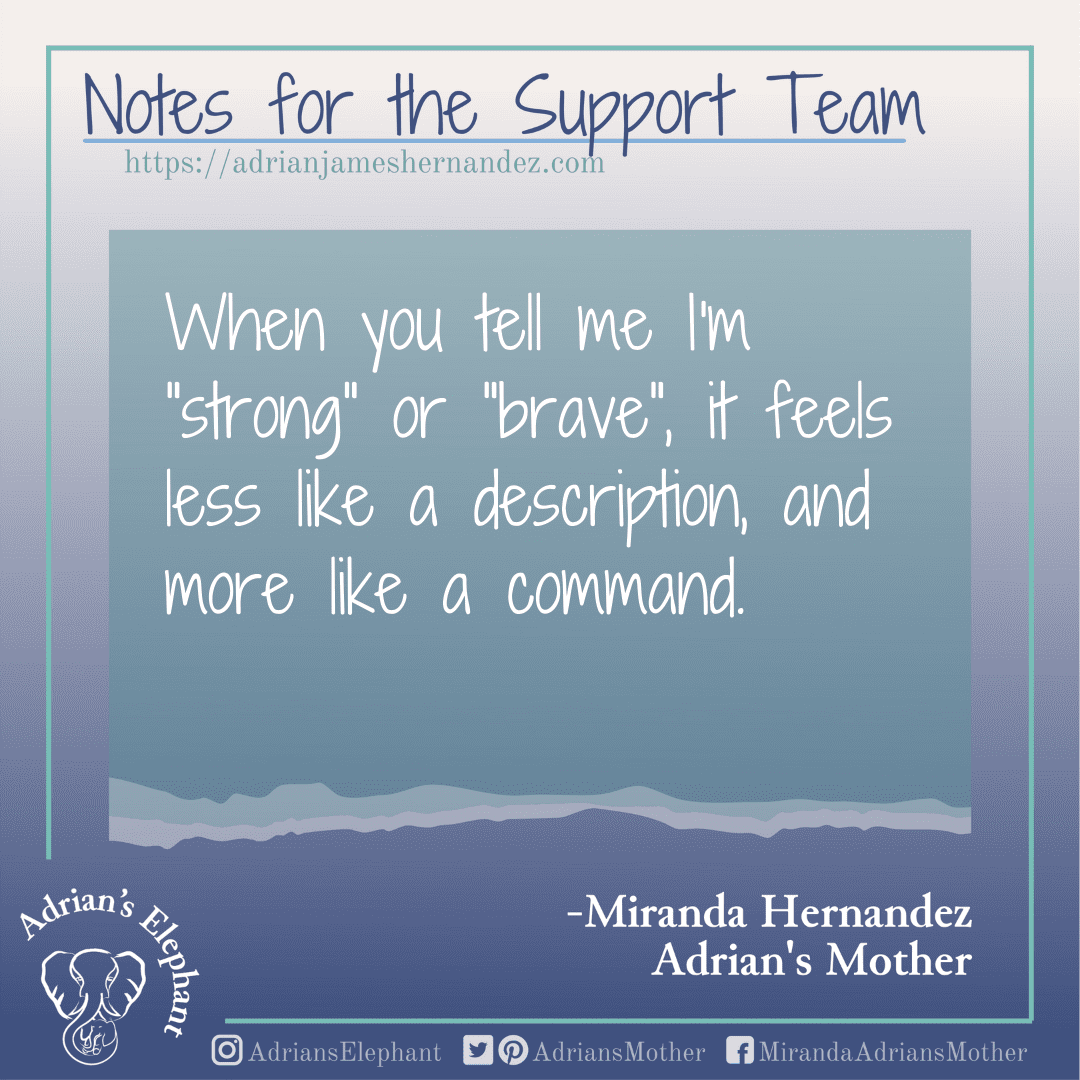
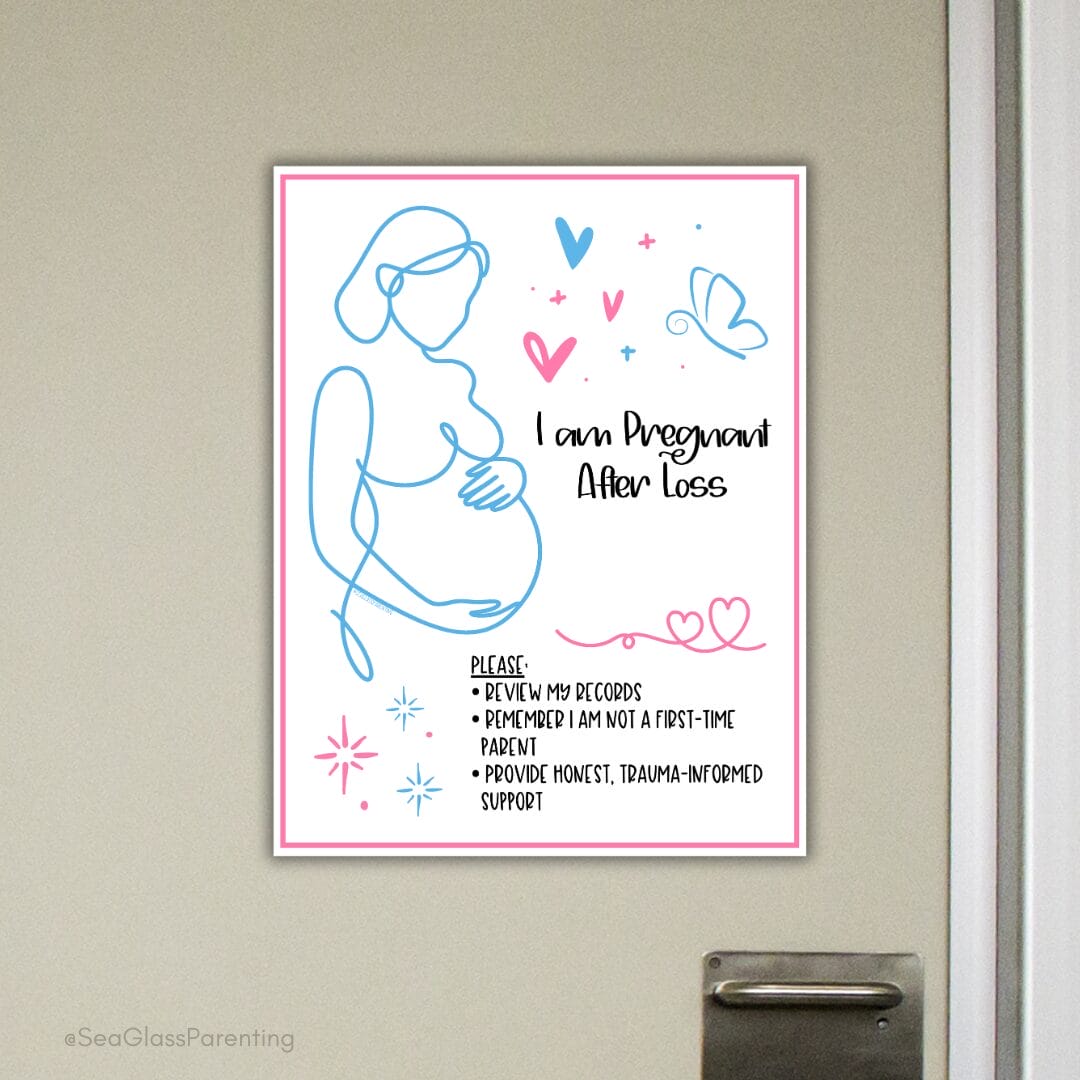




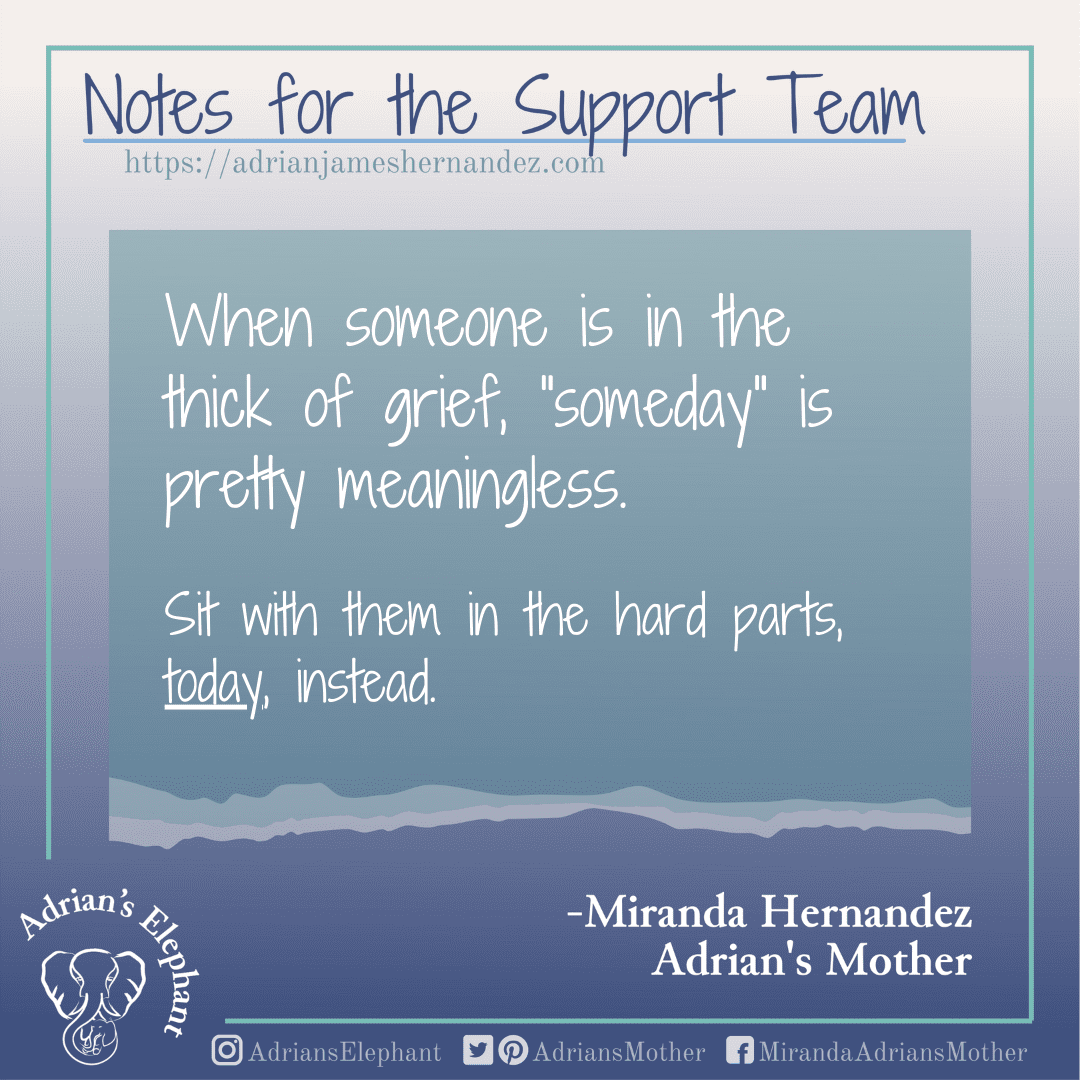










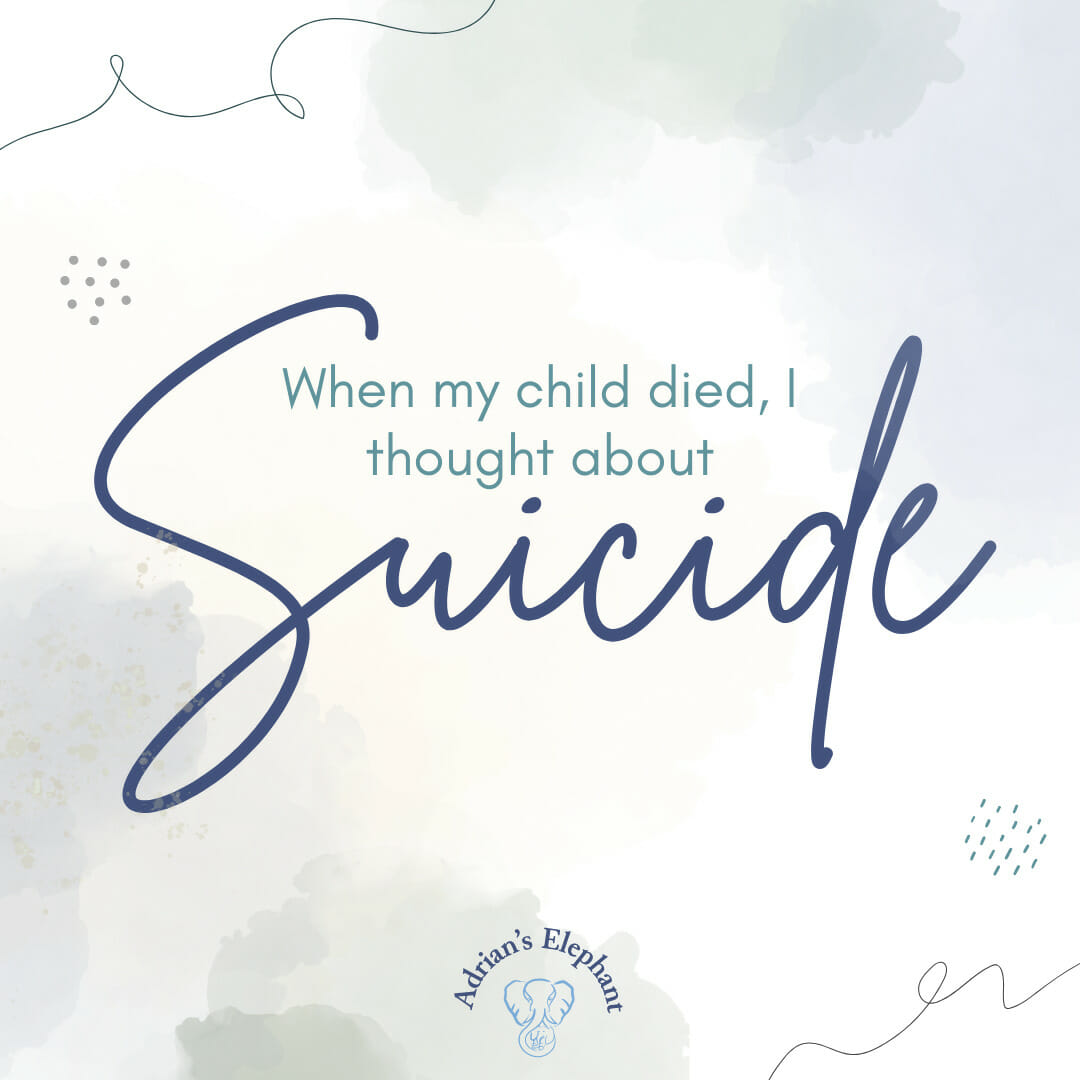

![This random act of kindness performed in memory of : [fill in the blank]. Please pass the kindness along to help keep their memory alive.](https://adrianselephantpanda2.s3.amazonaws.com/wp-content/uploads/2022/06/18095256/Act-Of-Kindness-In-Memory-Of-Card-2.png)








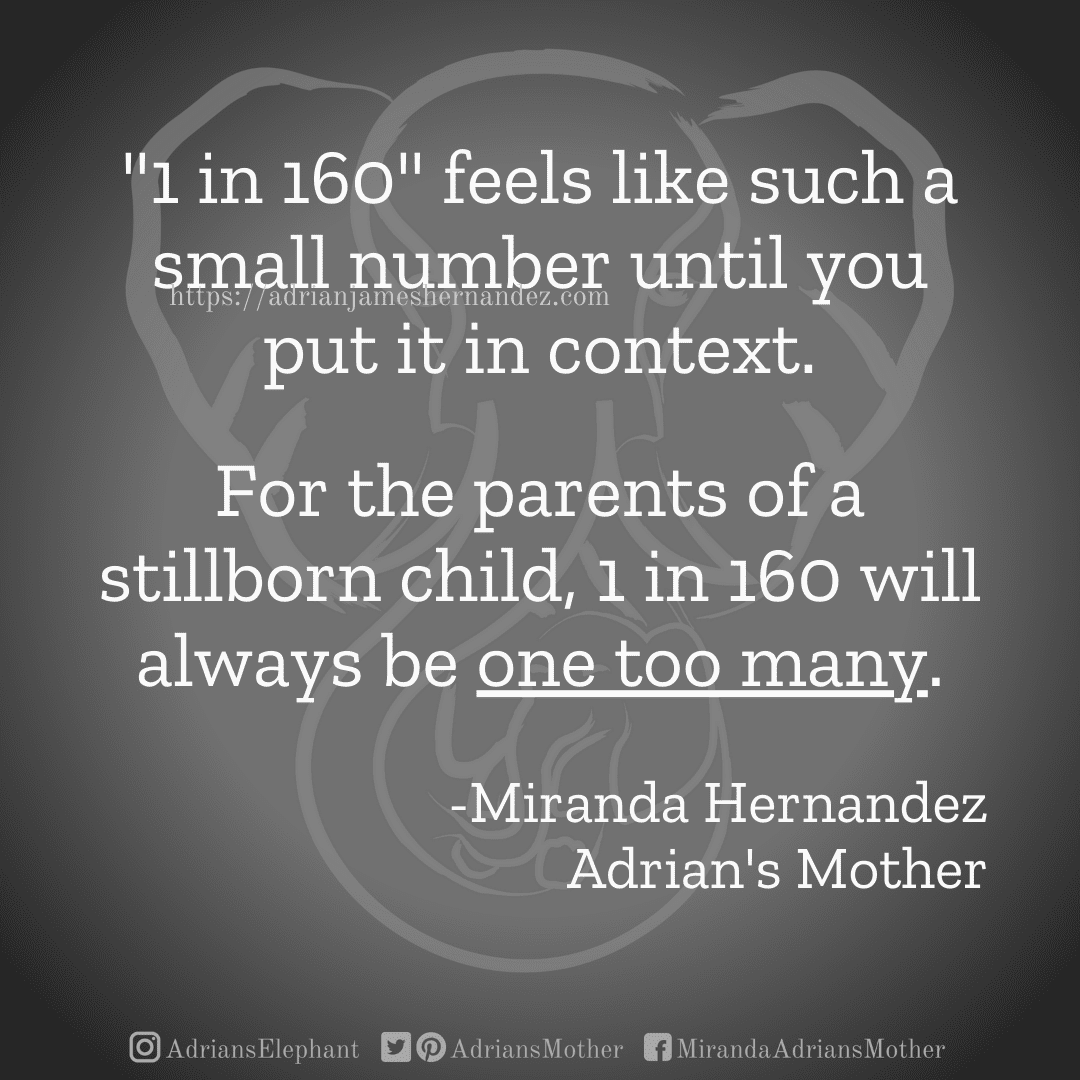










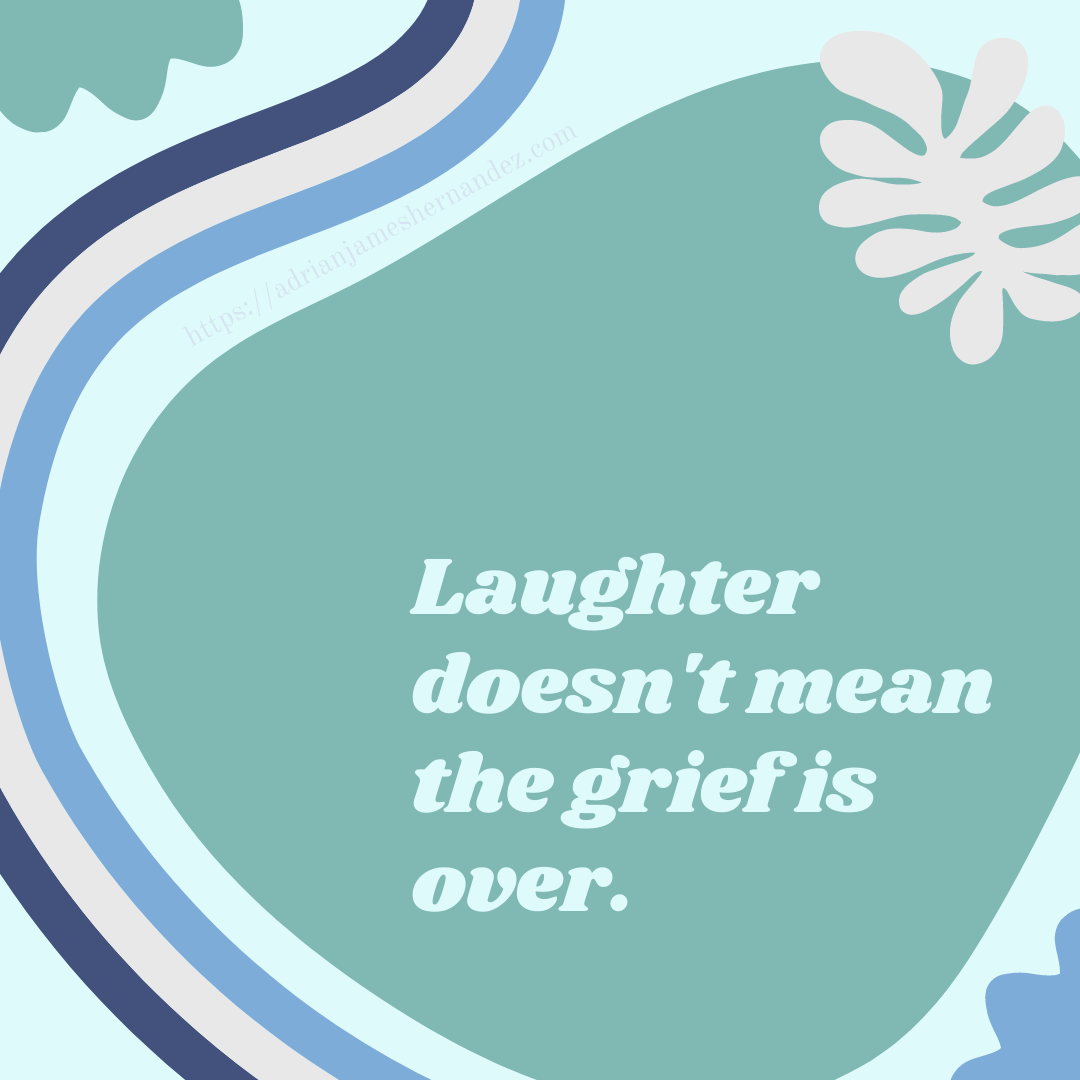

!["This is my [Fill in the Blank] Mother's Day. Thank you for remembering and honoring my child and my motherhood this year" in blue text inside a white circle surrounded by a yellow abstract design. Five pink and green flowers surround the image.](https://adrianselephantpanda2.s3.amazonaws.com/wp-content/uploads/2022/04/27094844/4.png)
